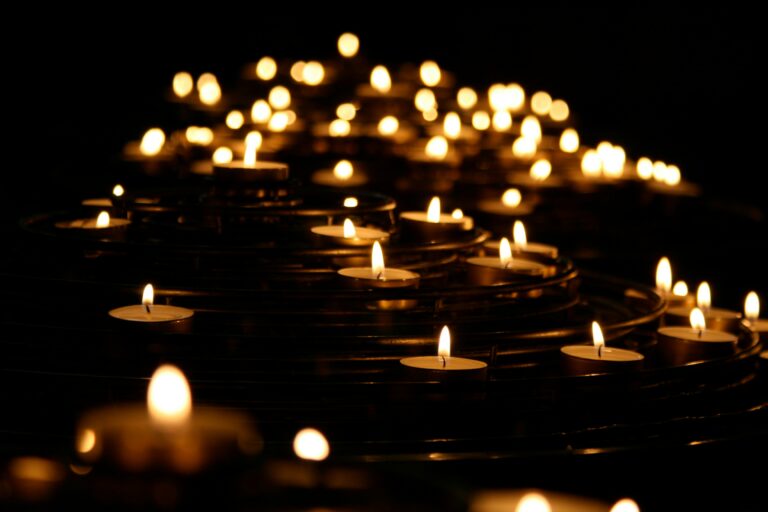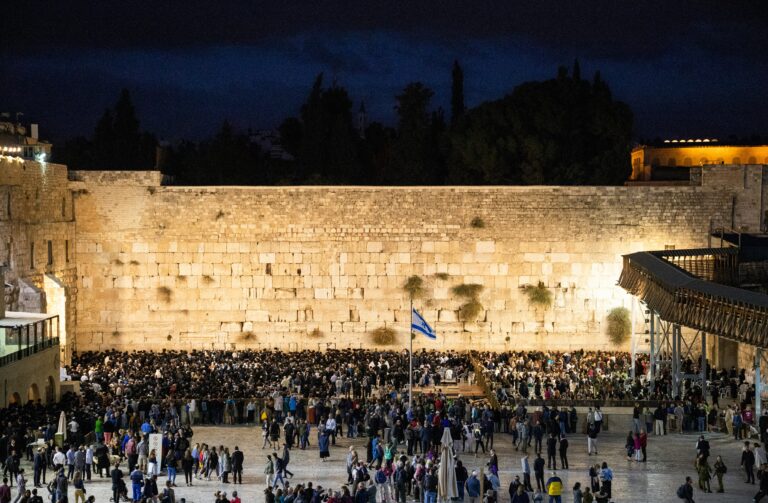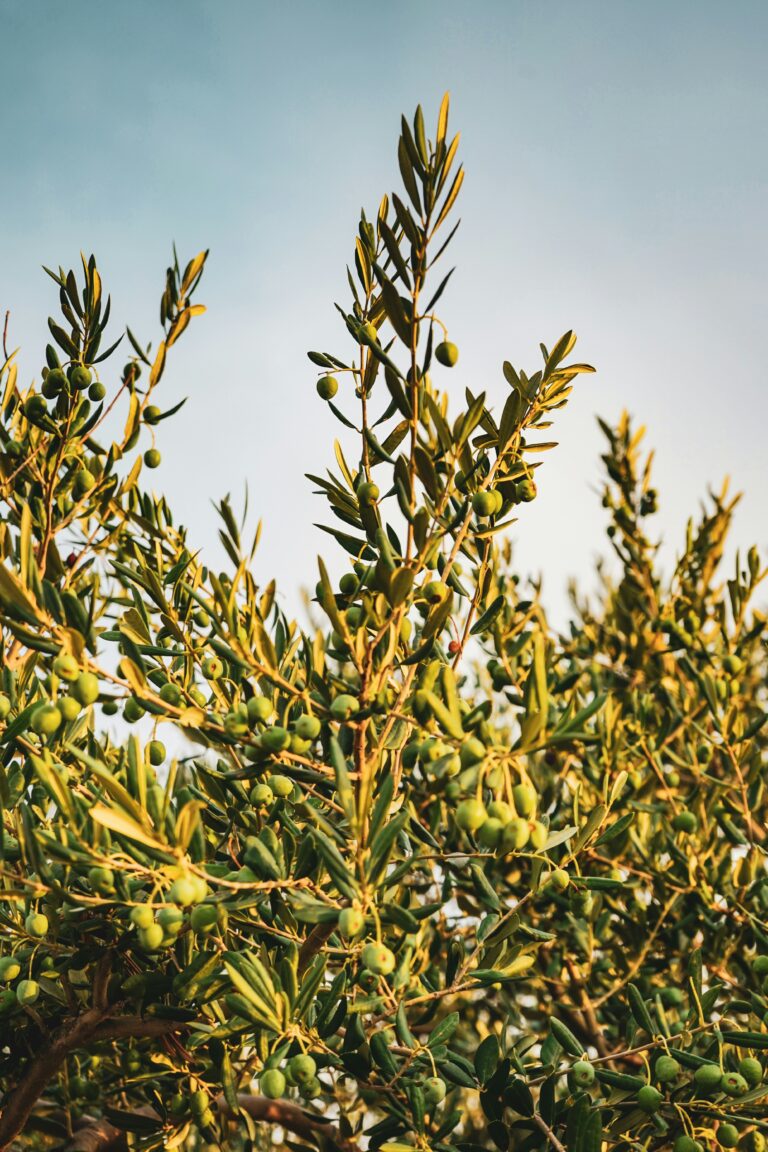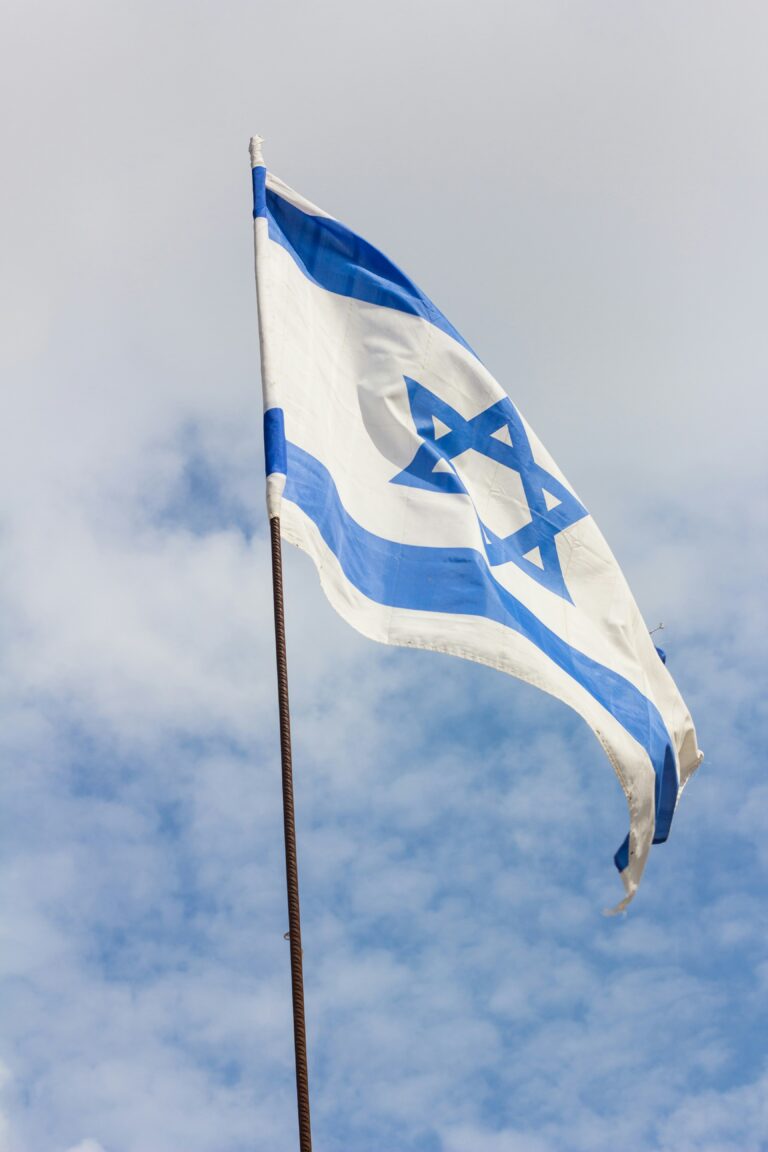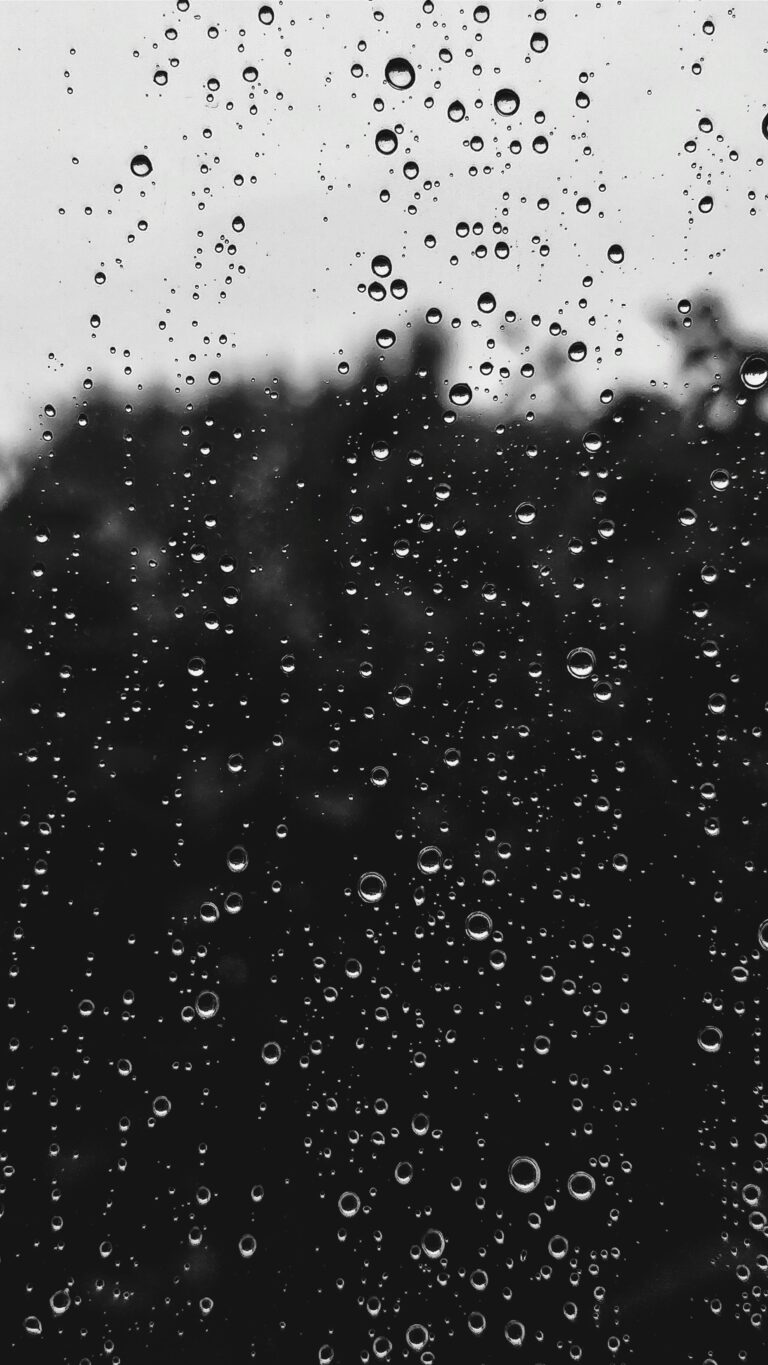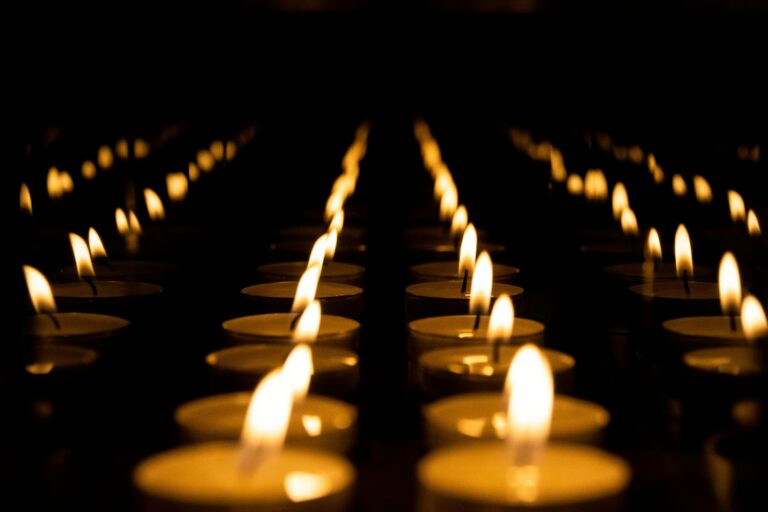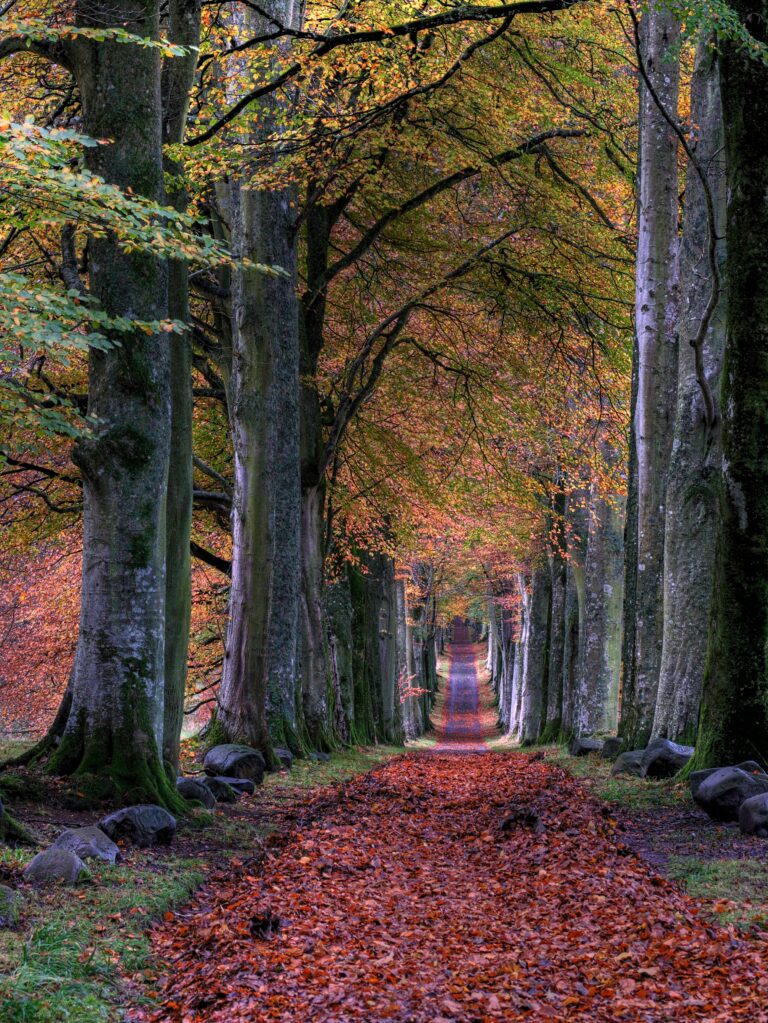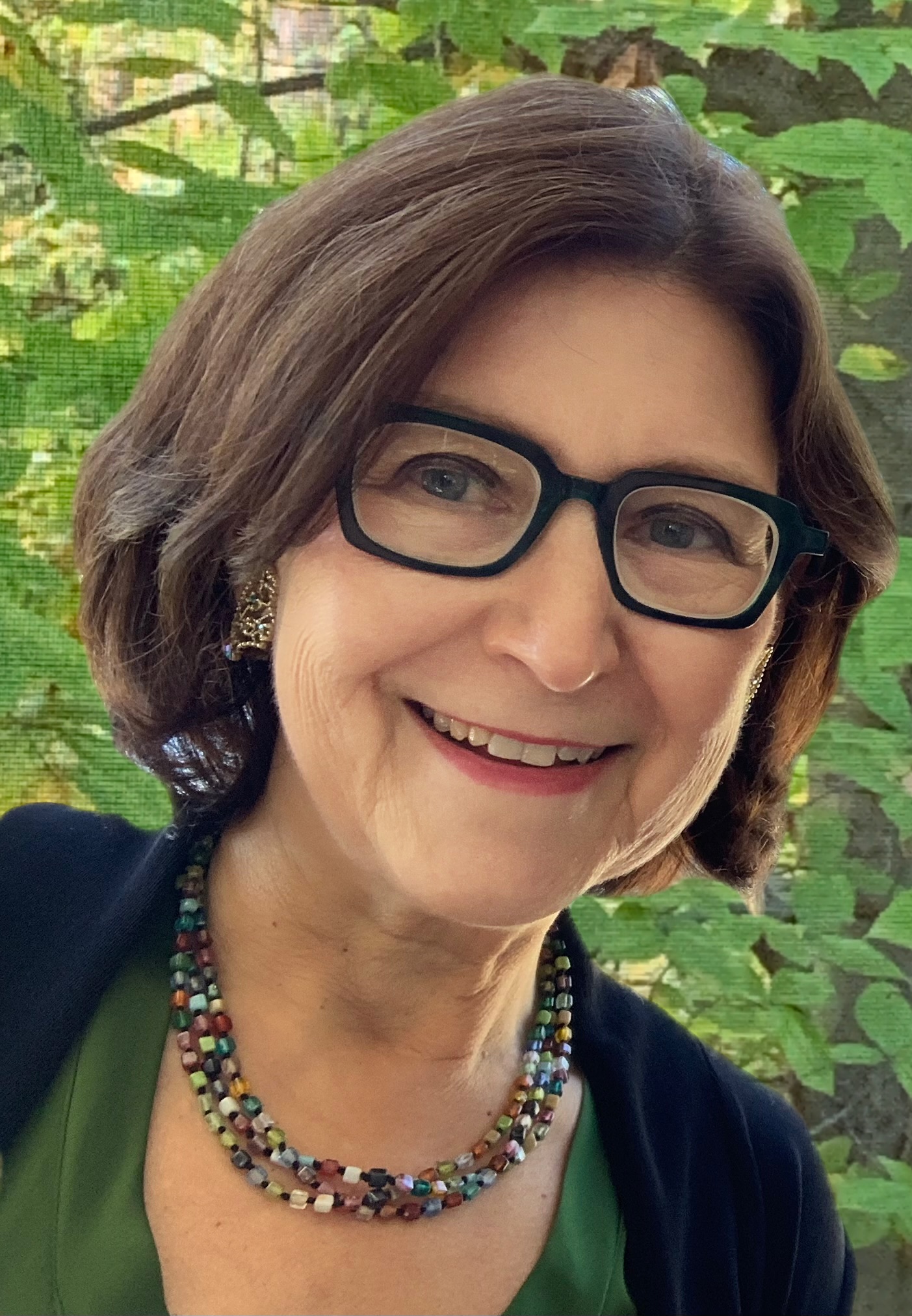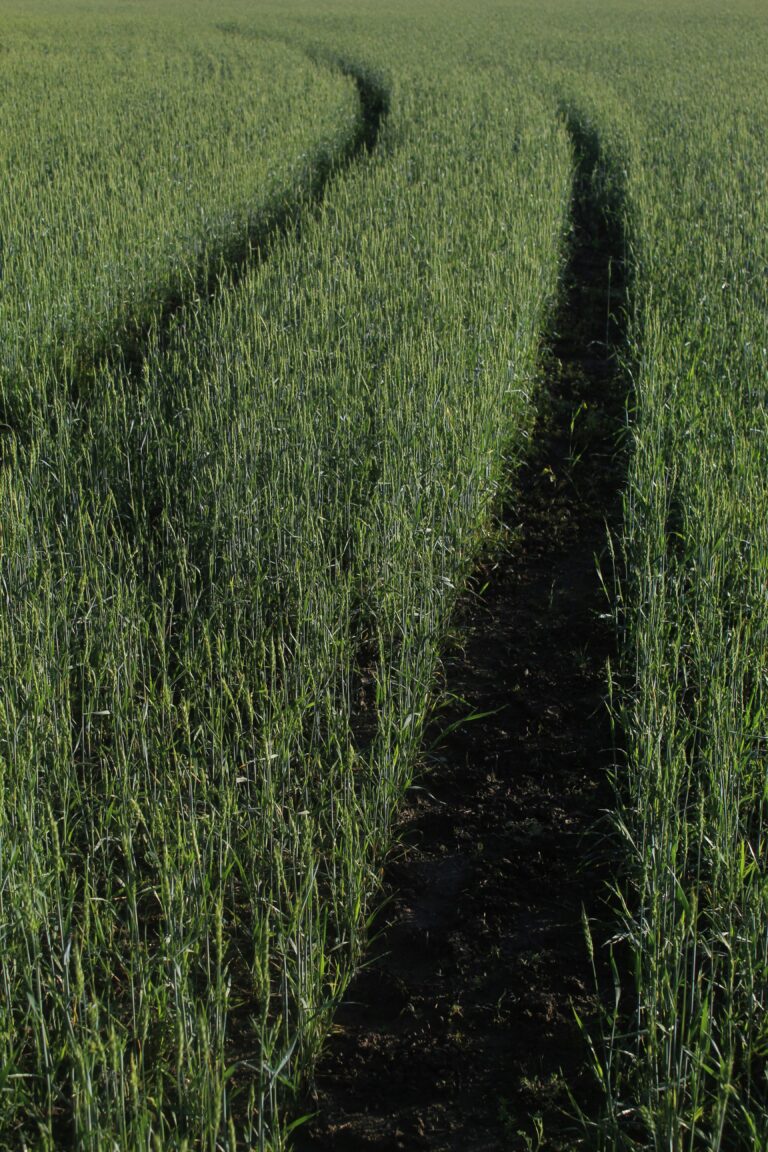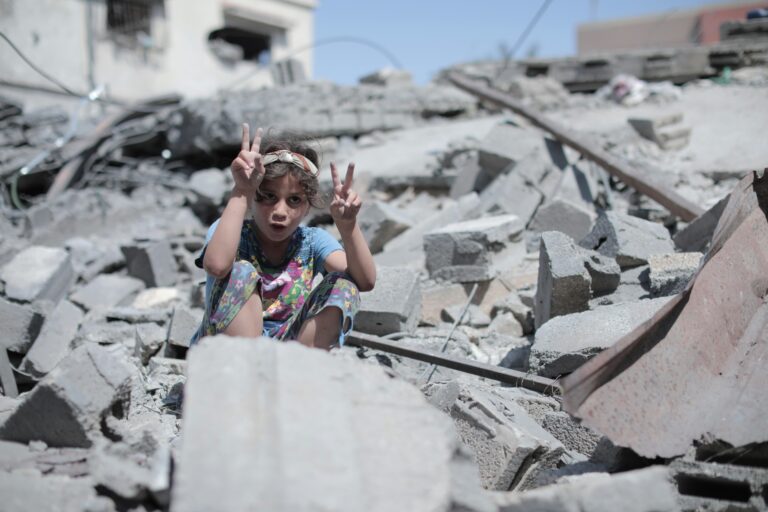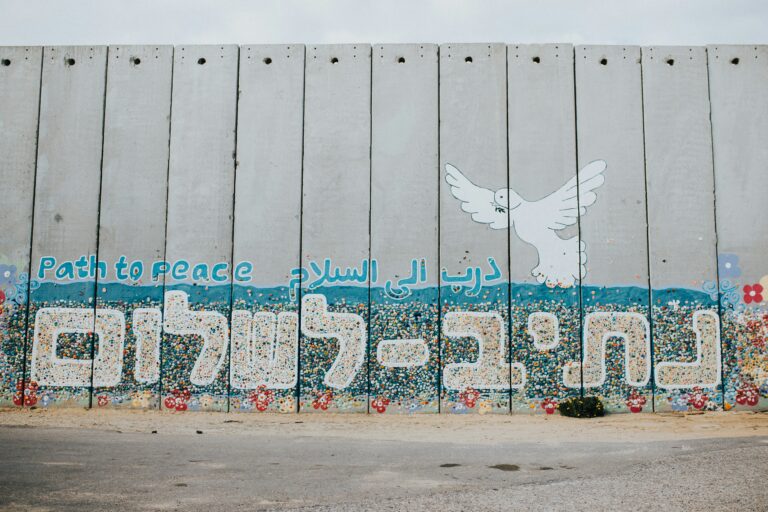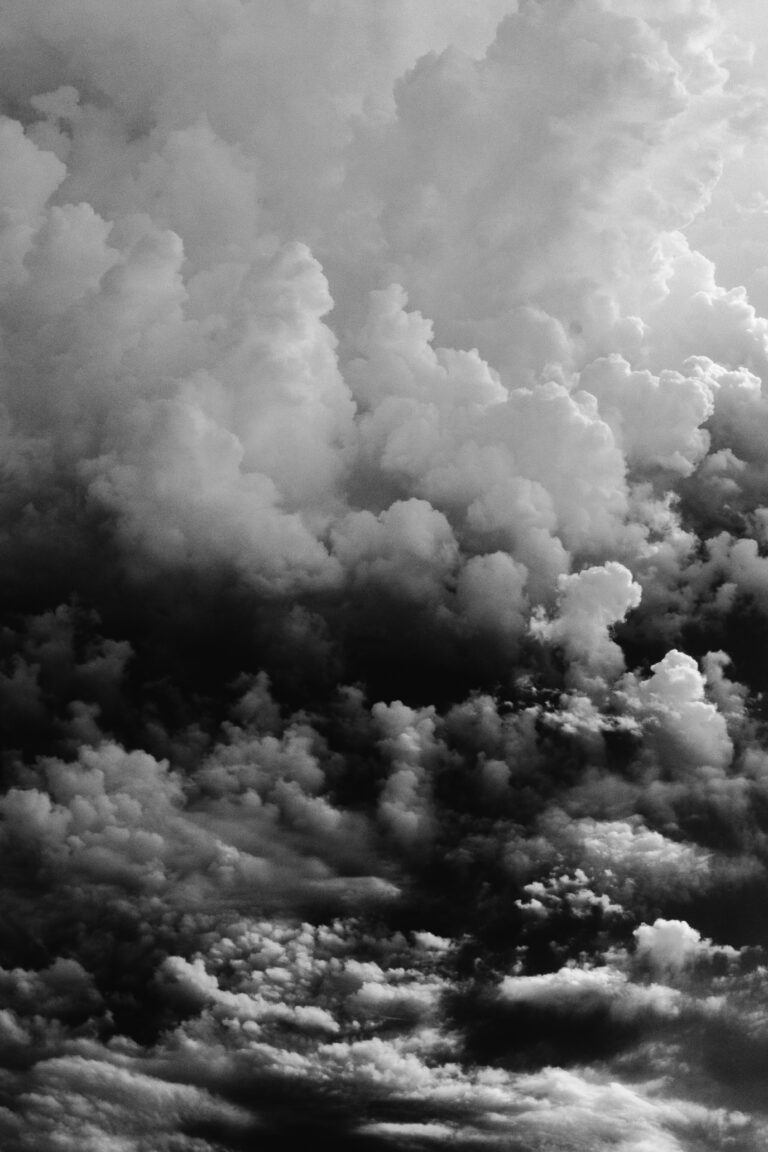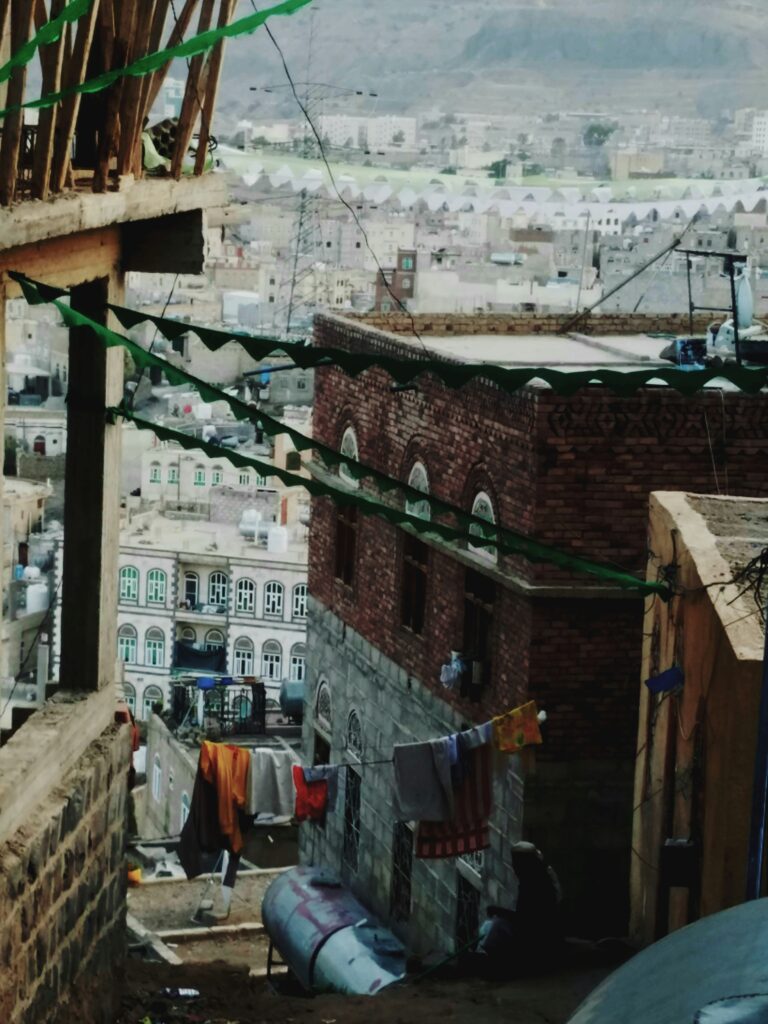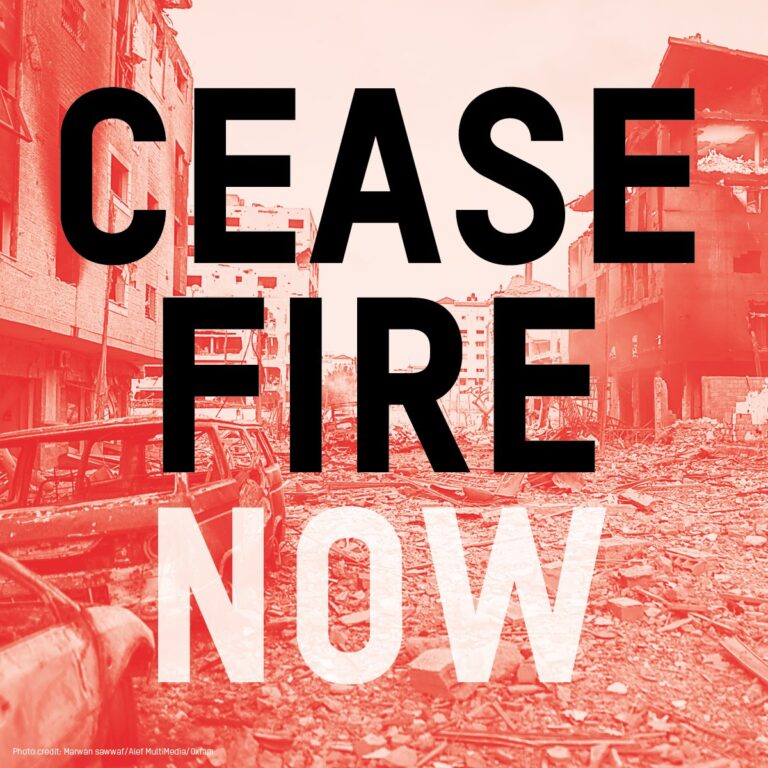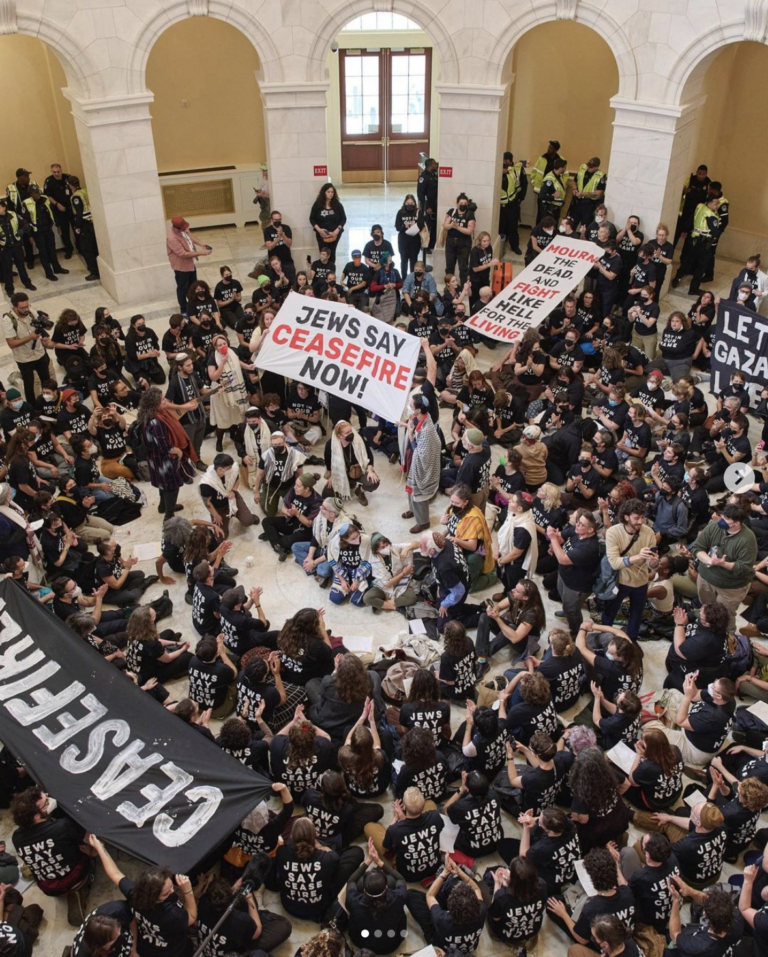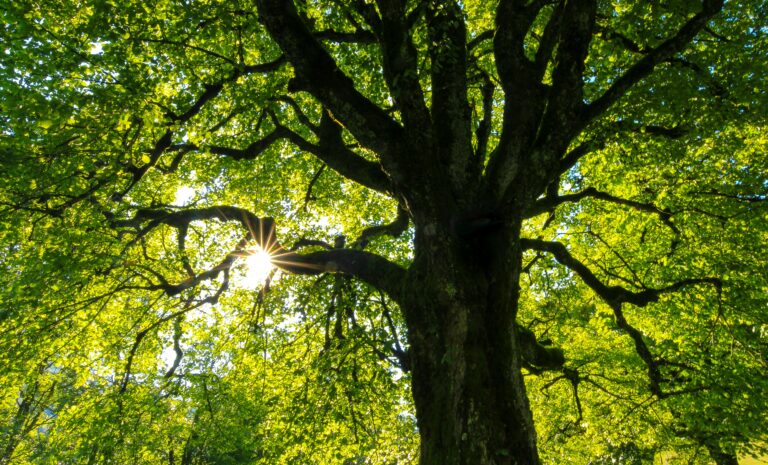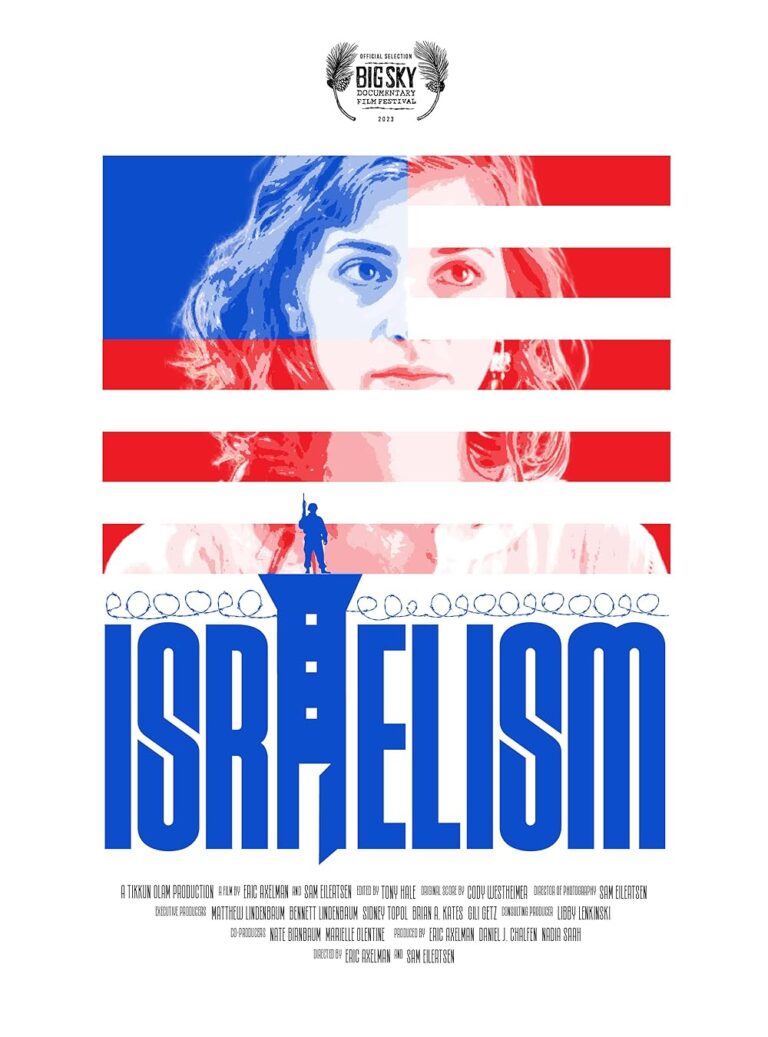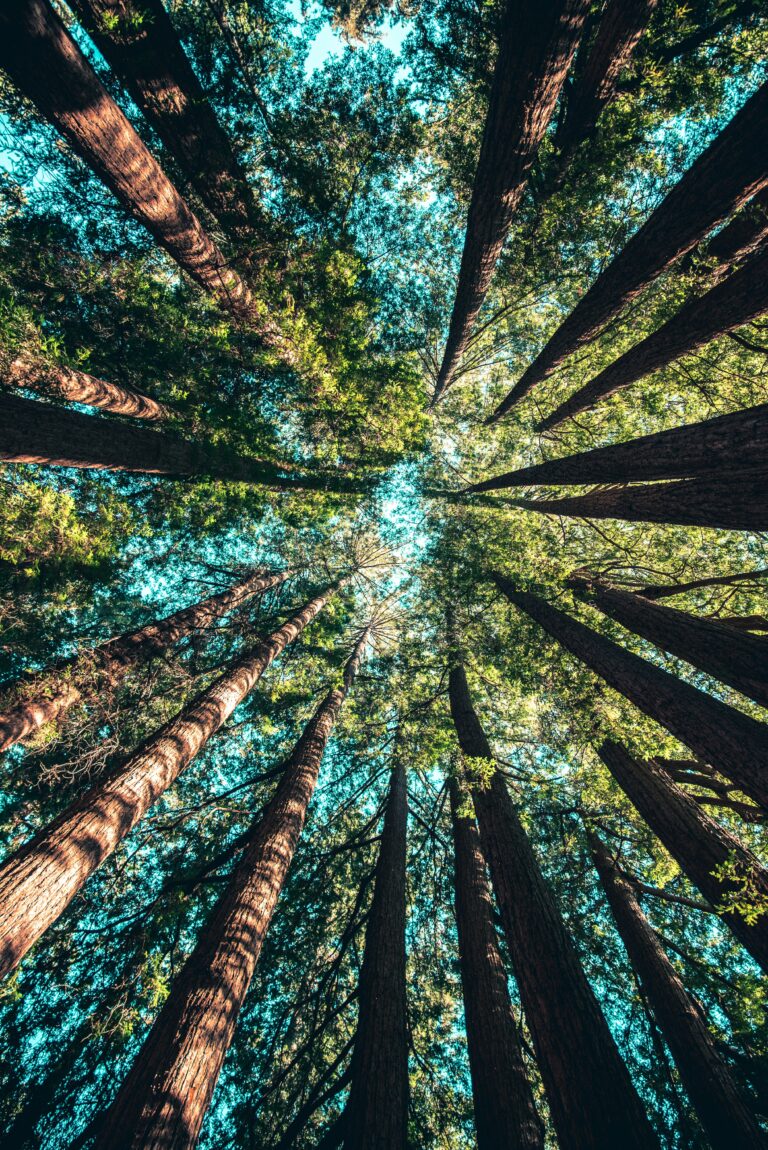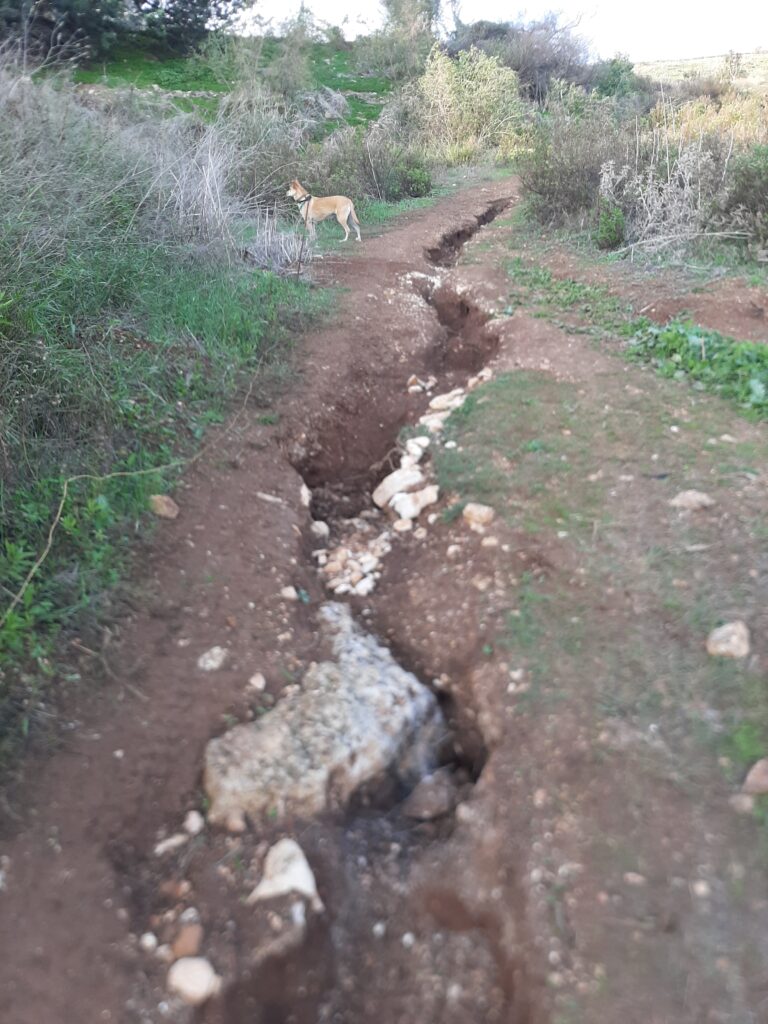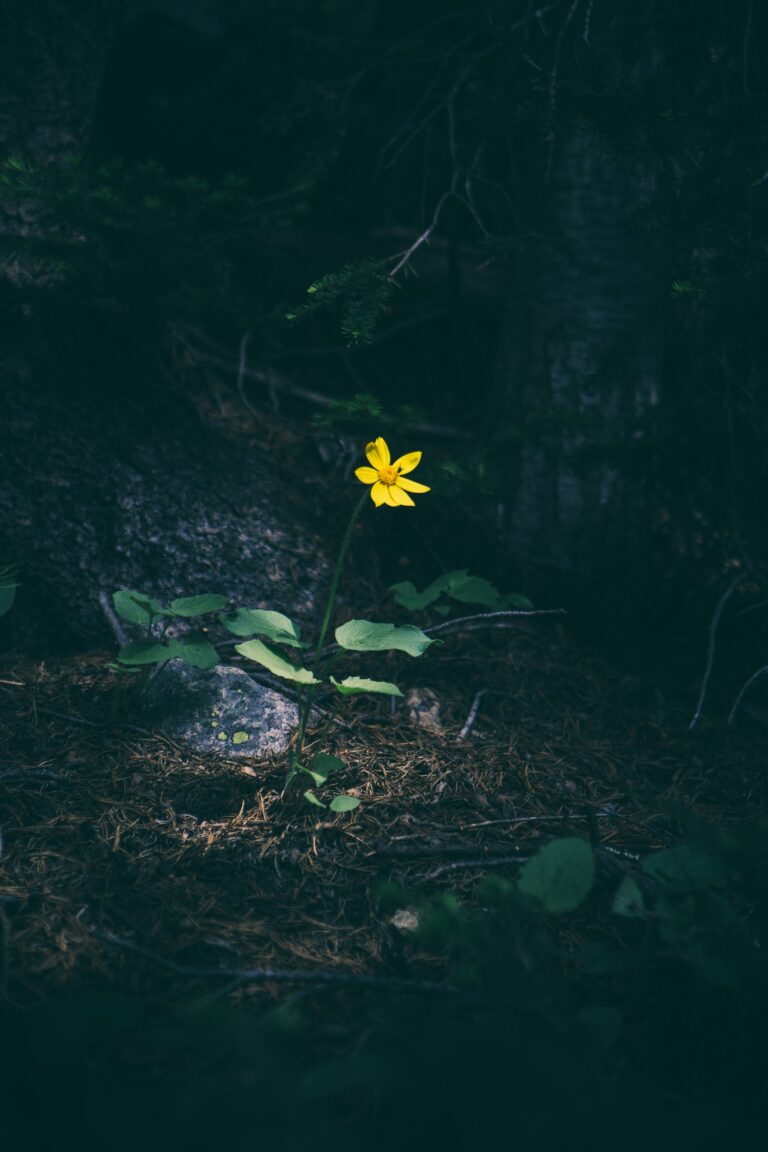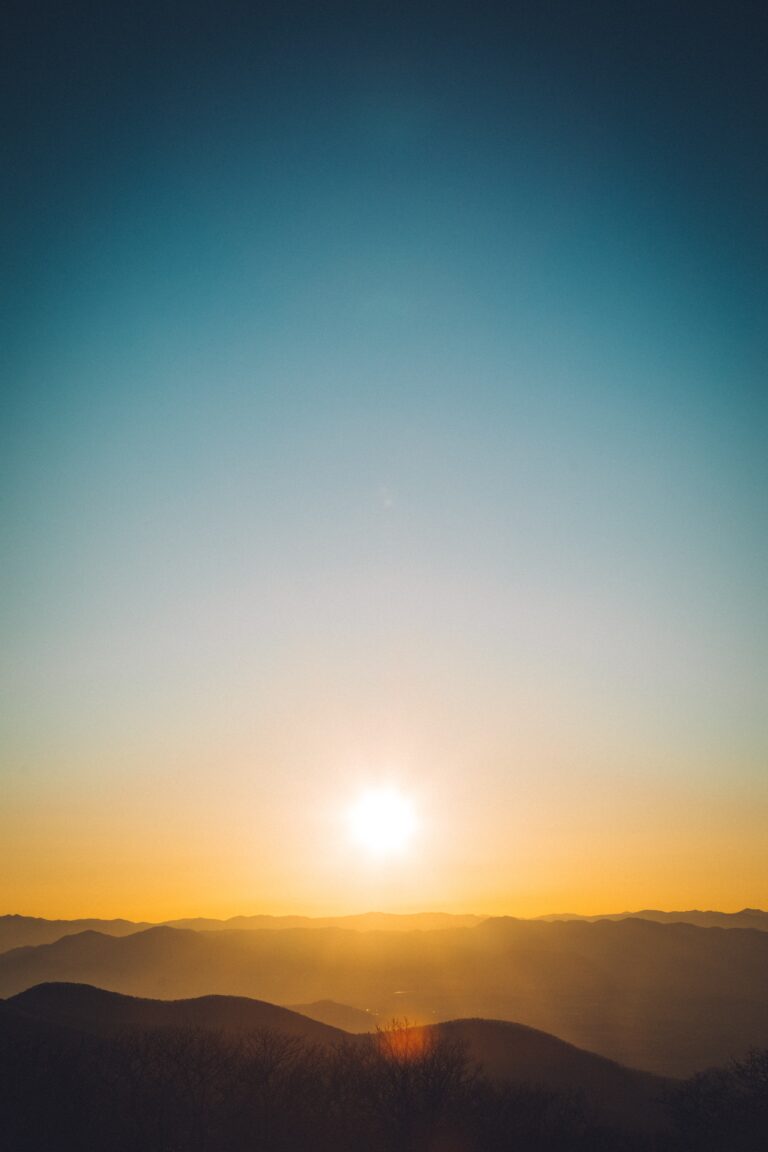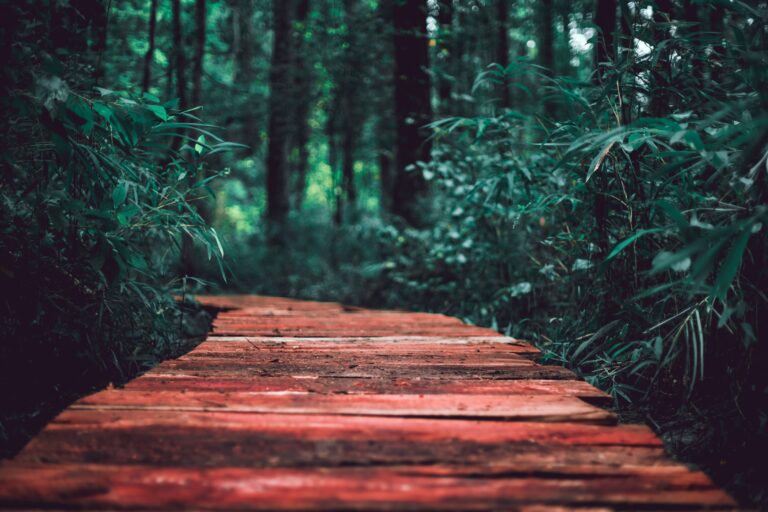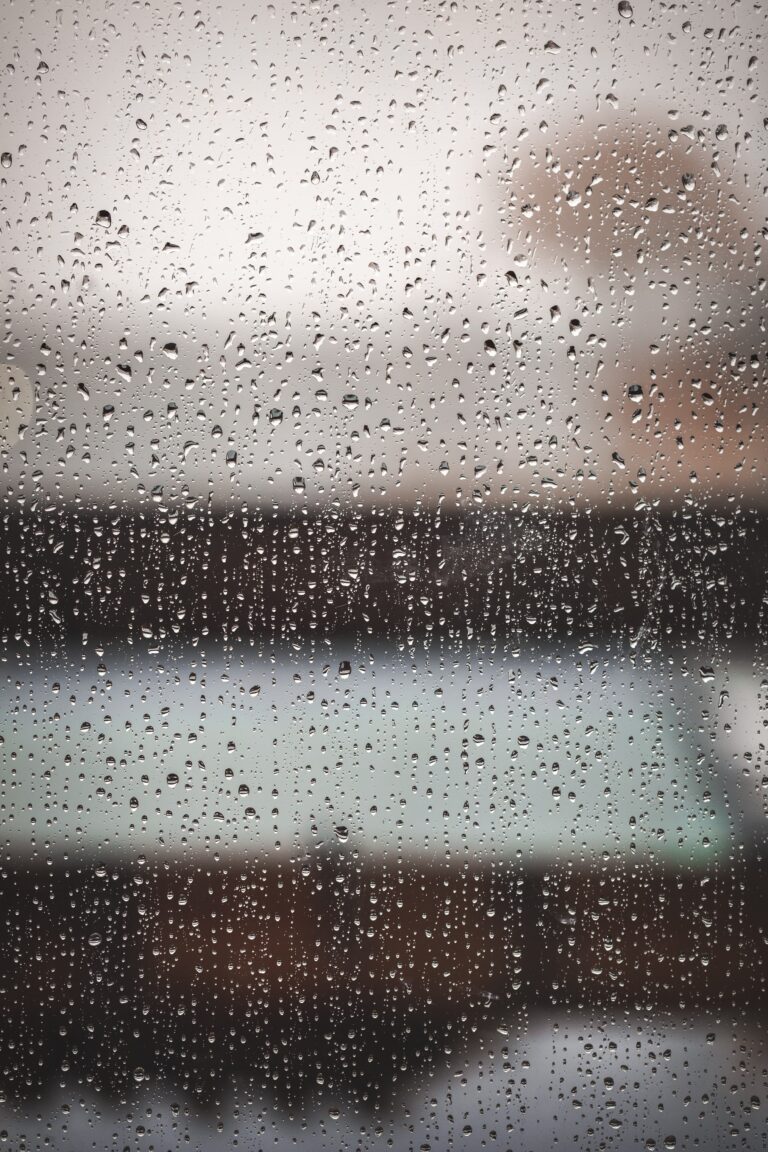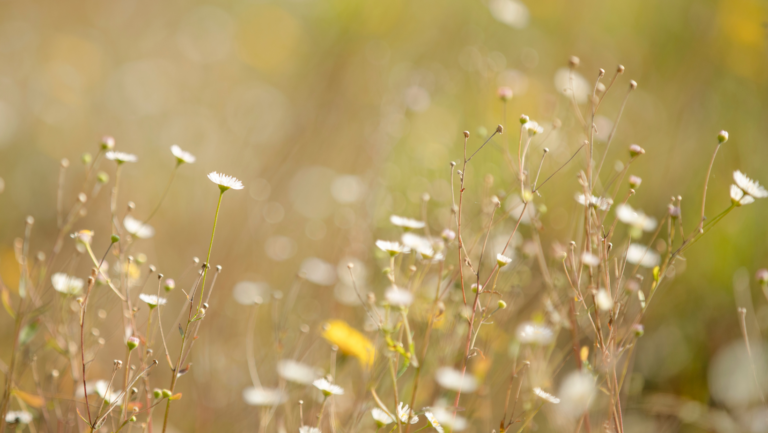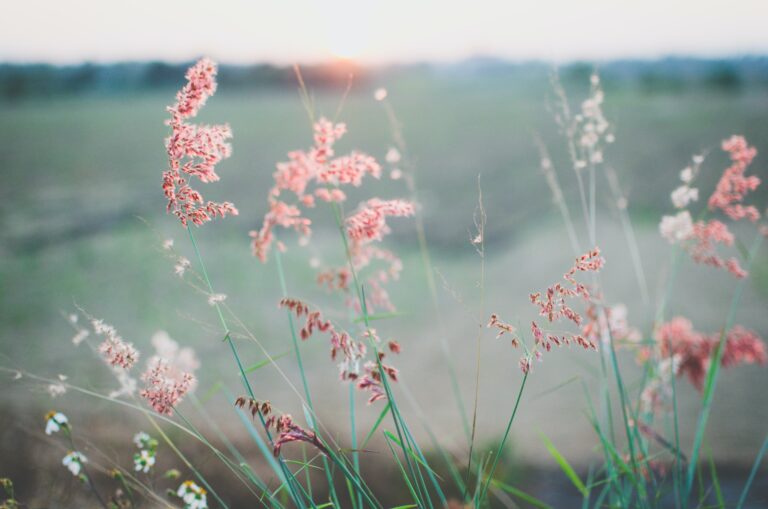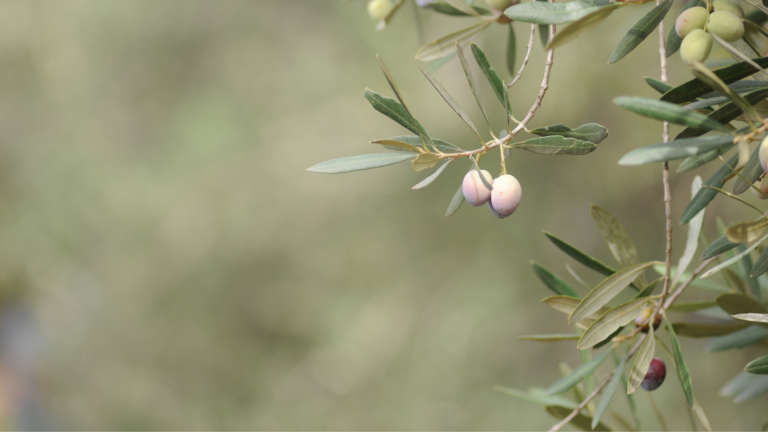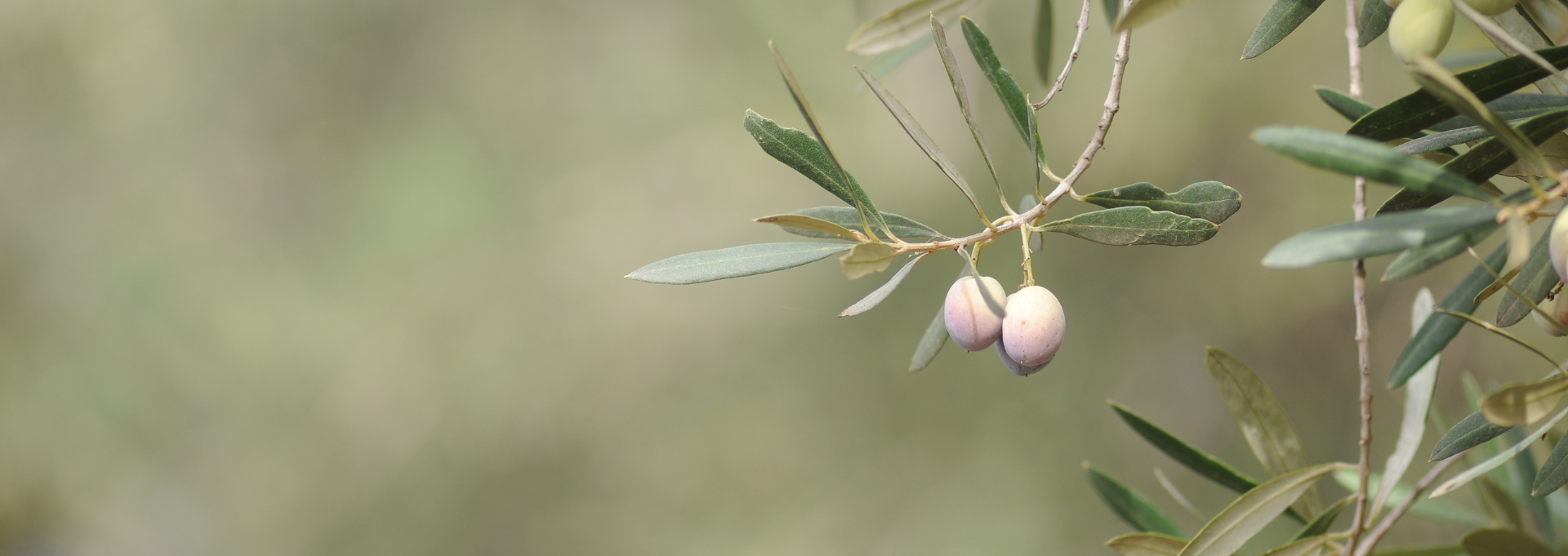
The Israel-Hamas War: Reflections in a Time of Crisis
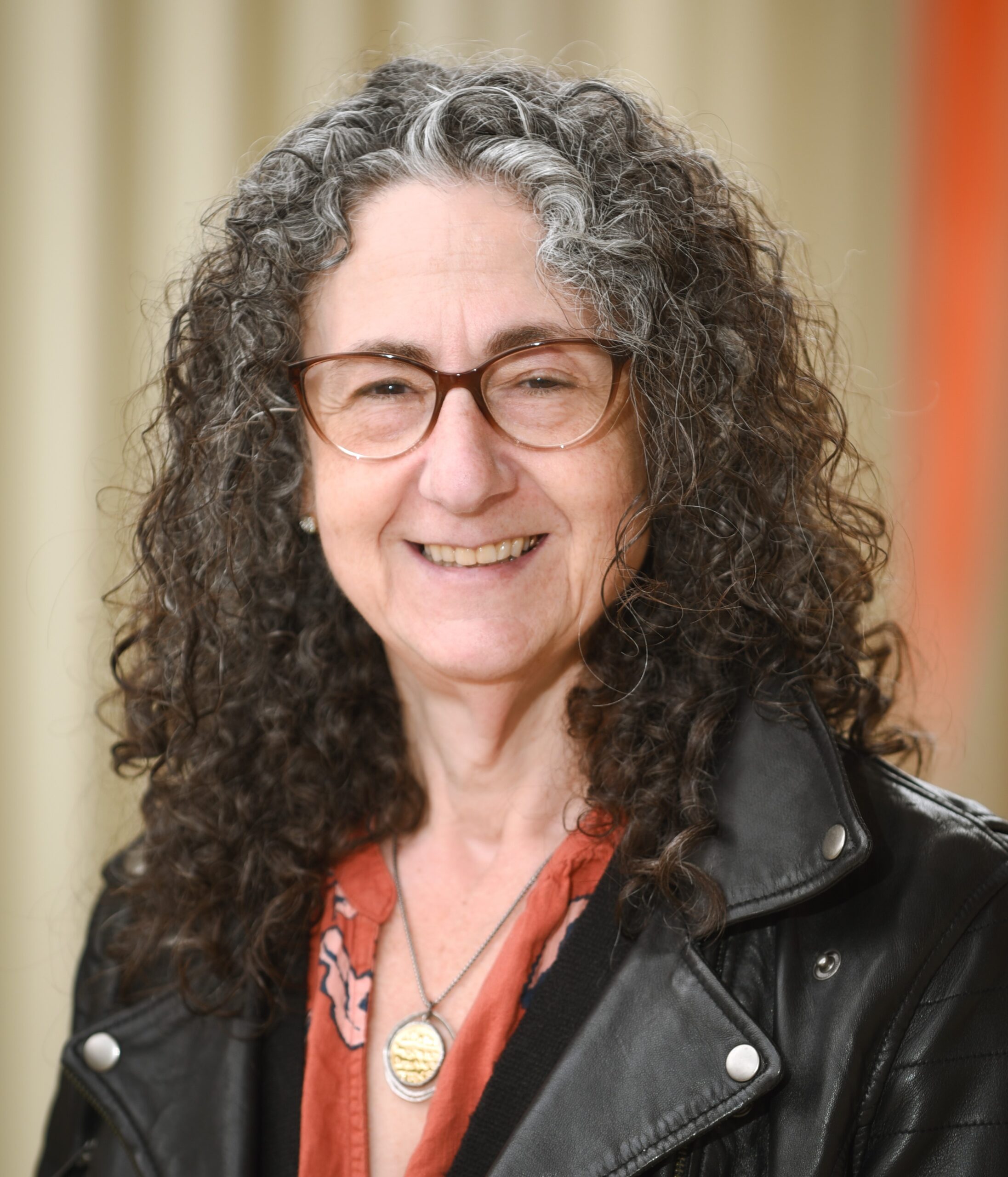
I feel chastised for even considering expressing my grief experience.
3 comments
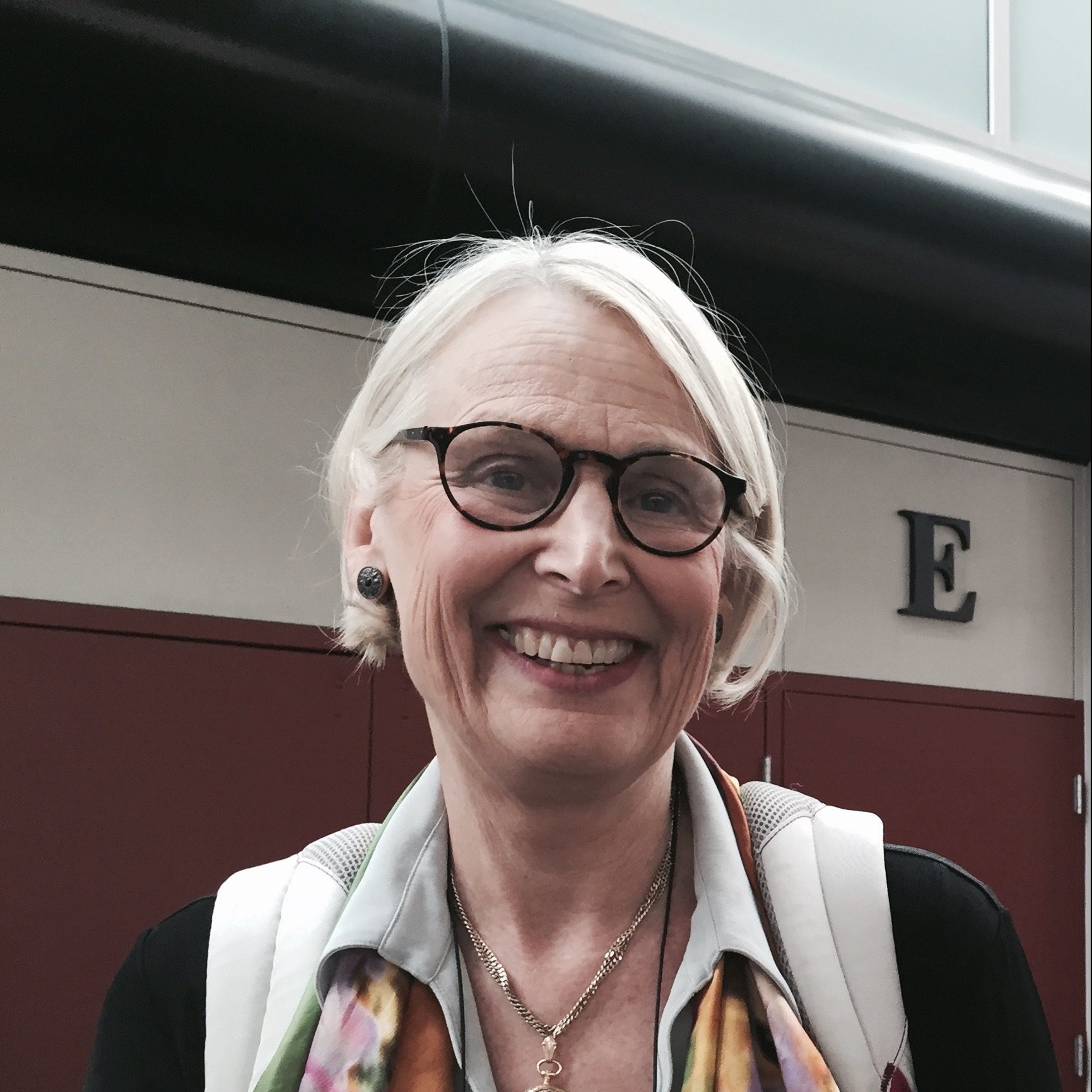
Everyone in Palestine or Israel has been touched by the anguish of the war.
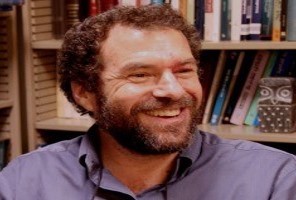
My visit was spurred by the desire to join with my brothers and sisters — the Jewish people — out of concern for our homeland.
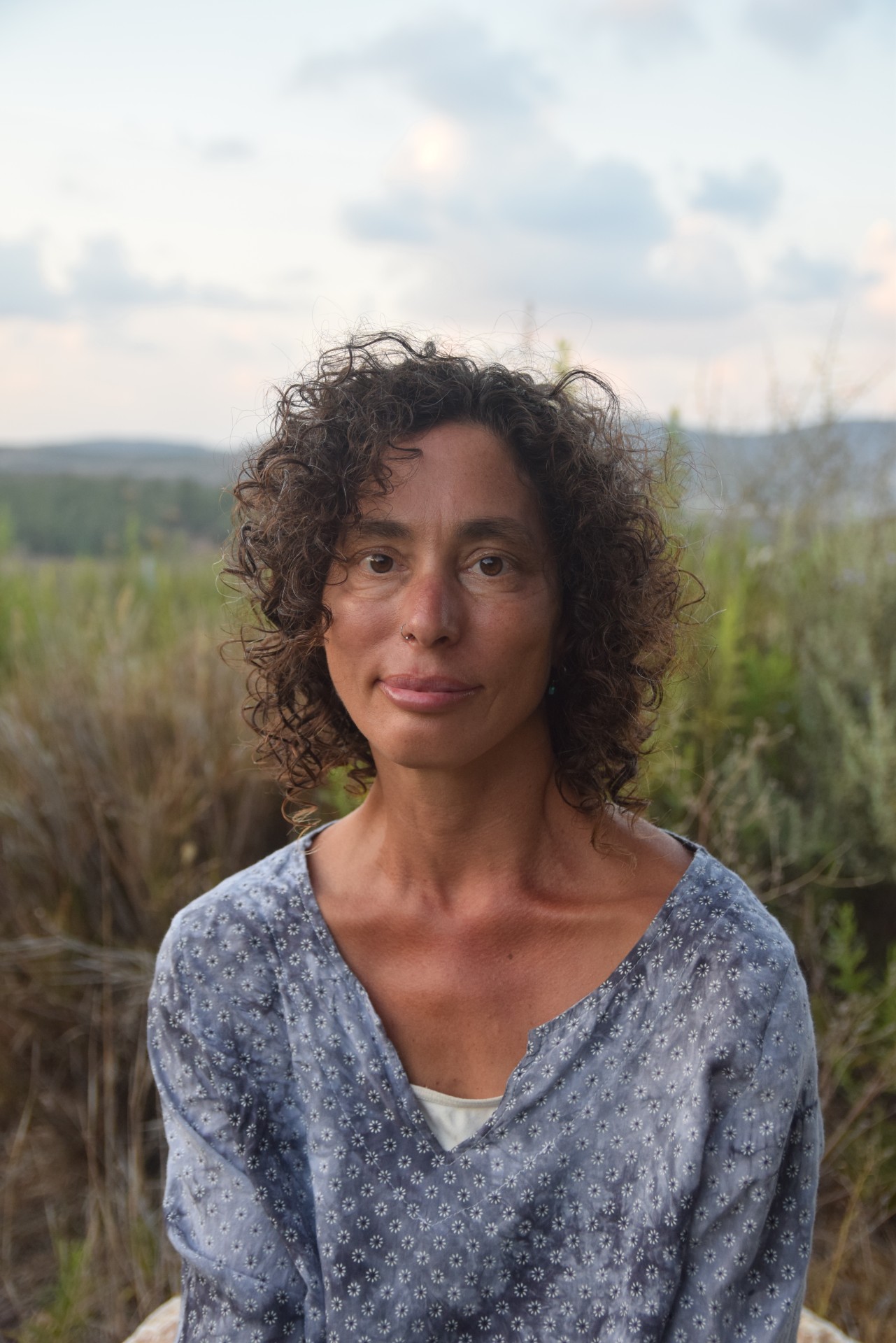
If we are unable to build a joint peaceful future, I see no future for this country.
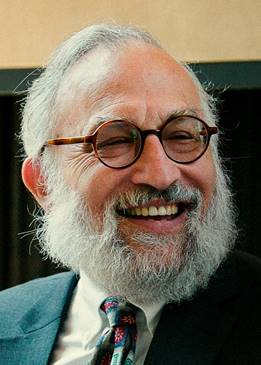
If Netanyahu’s plan is pursued, Israel will never be free of destabilizing factors.
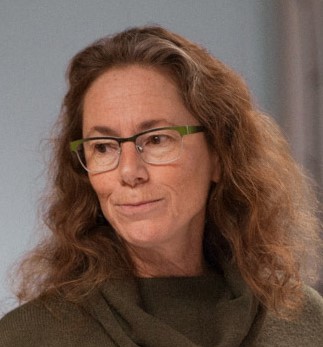
In the face of death, silence is often best.
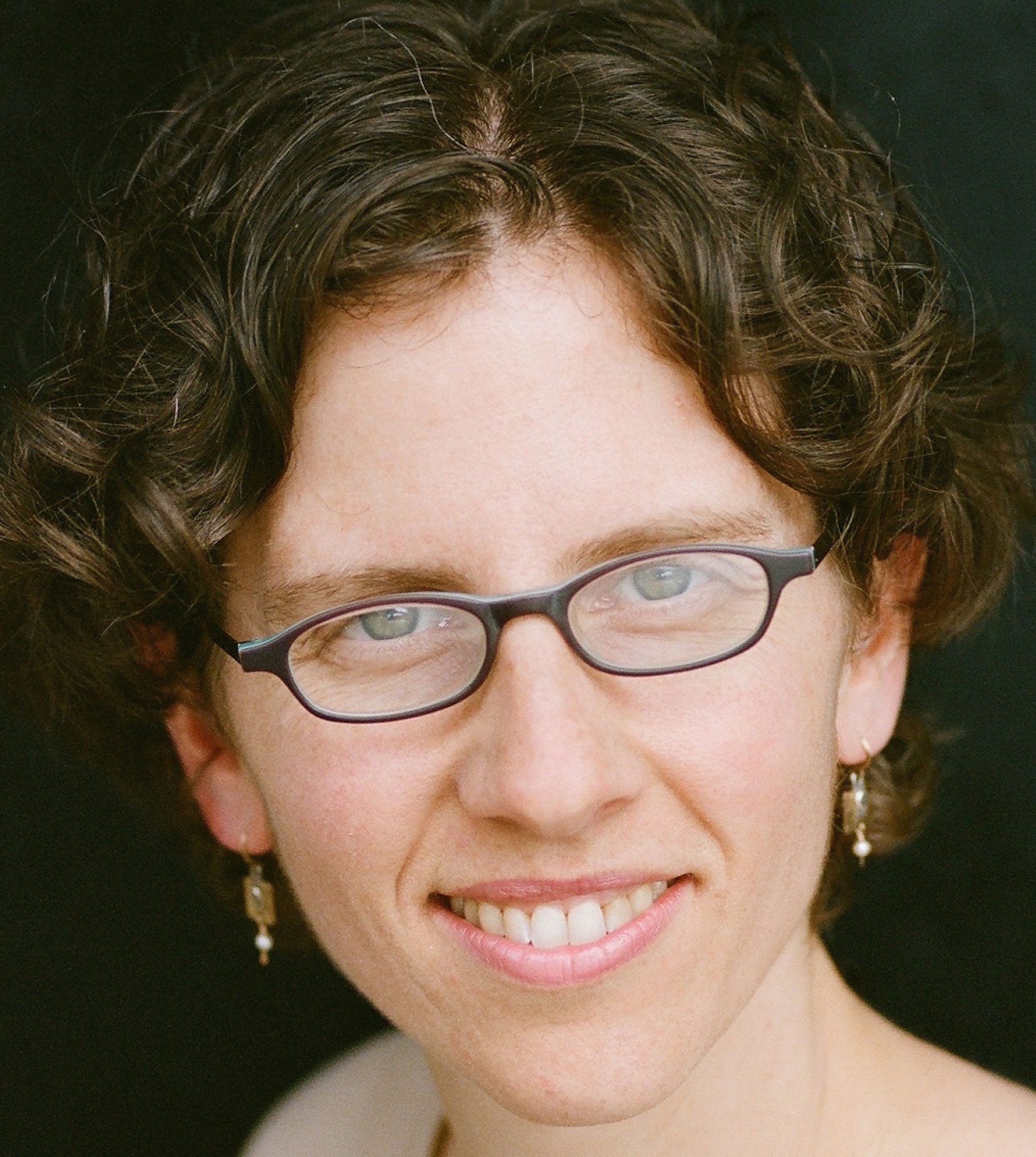
Being in a community where we disagree with people works against polarization and forces us to consider ideas that make us uncomfortable.
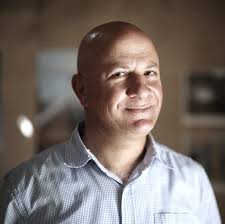
This initiative will support the establishment of “Green Refugee Shelters” to house thousands of internally displaced Gazans.

Reactions in the United States post-Oct. 7 mimicked the mid-1960s’ political moment more than it innovated anything new.
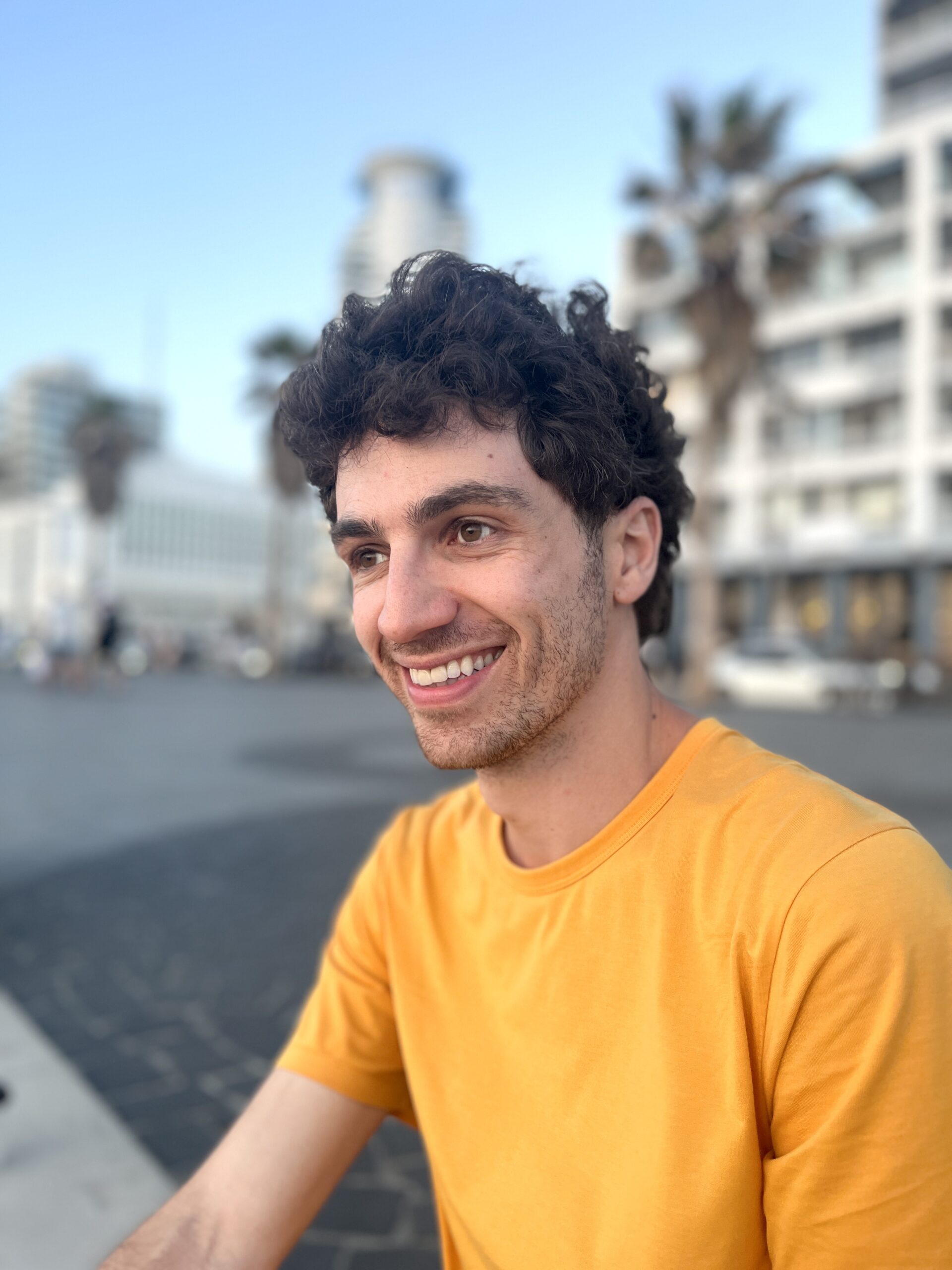
We do well to remain vigilant about the ways in which our overarching narratives become self-serving and one-sided.
by
Mike Shore
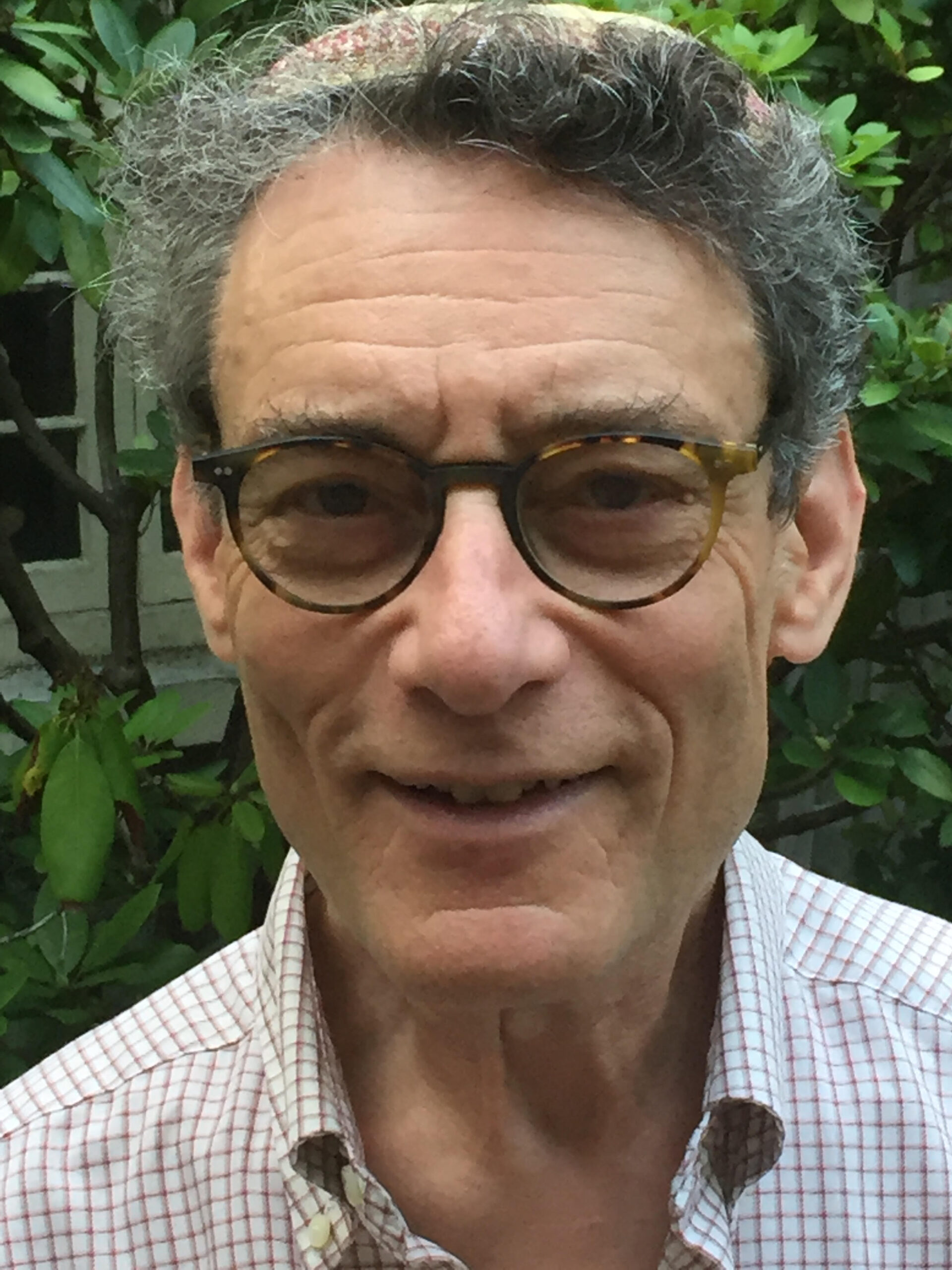
We need to hold both: our Israeli and Jewish family, and our extended family — the Palestinians in Gaza living beneath the bombs and those under assault on the West Bank.
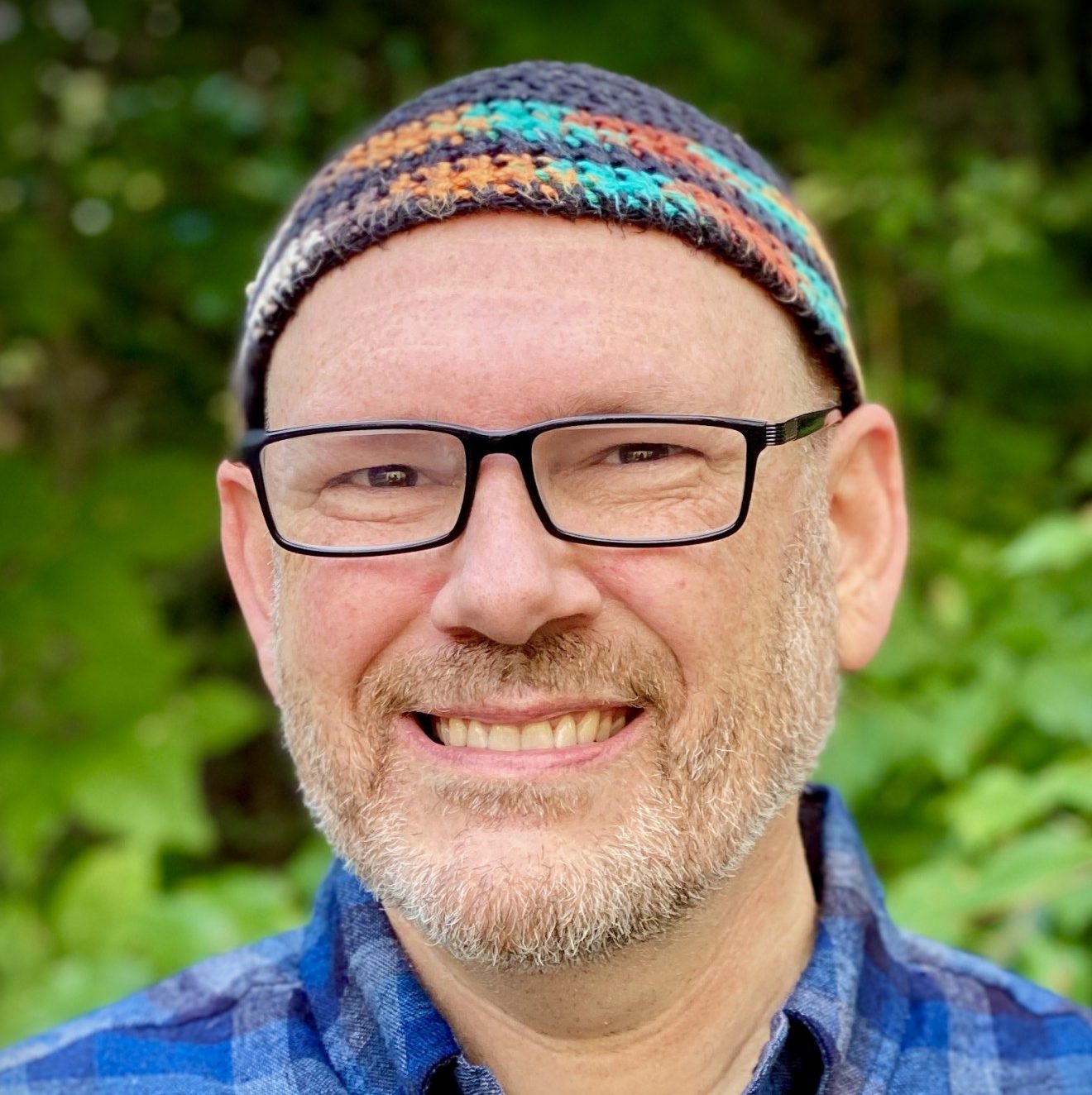
The Houthis preach a particular, religiously informed hatred of Jews, a specific kind of antisemitism that has its foundation in an extremist strand of modern Islamic teaching.
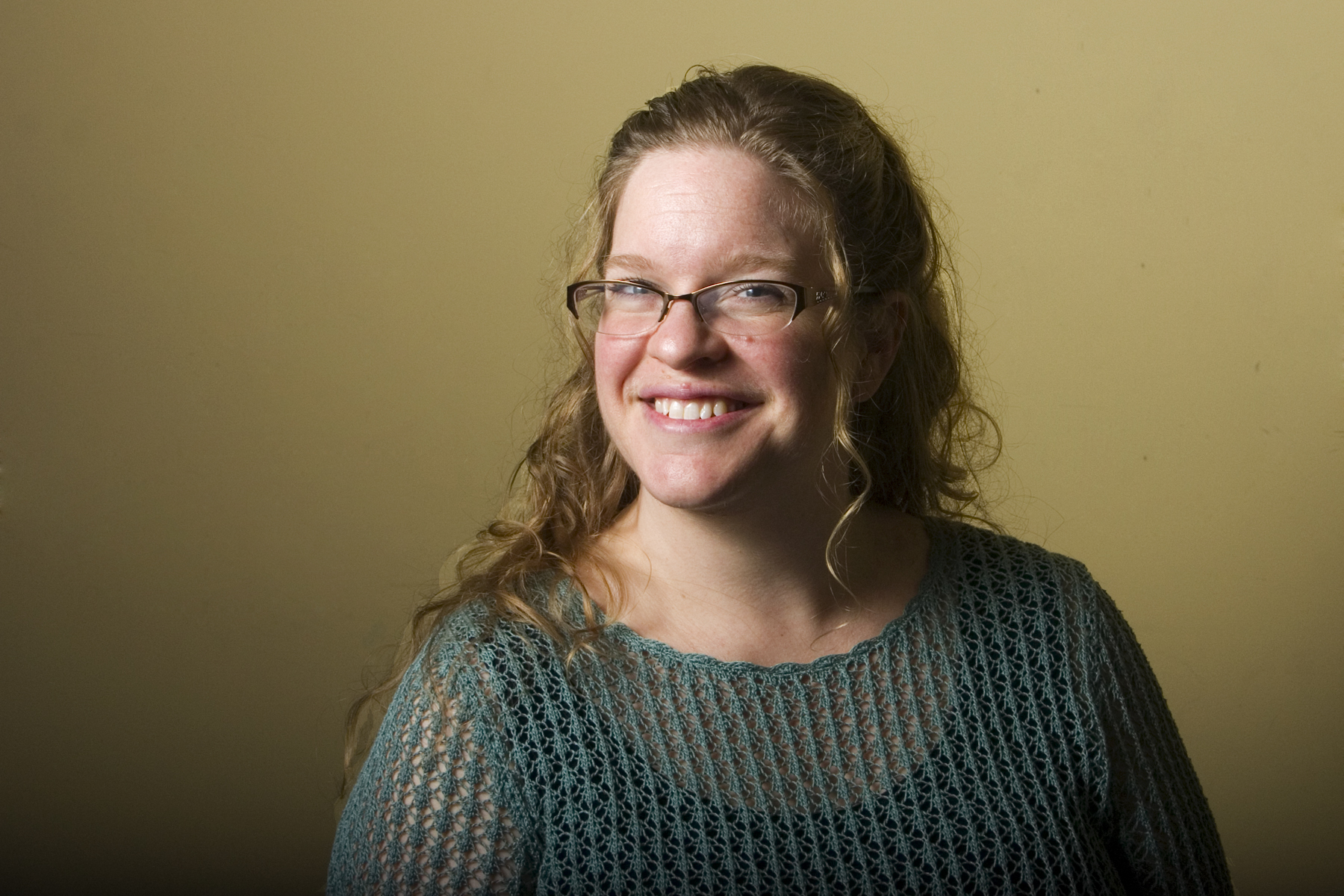
I love Israel, but not more than Judaism itself. Not more than humanity.
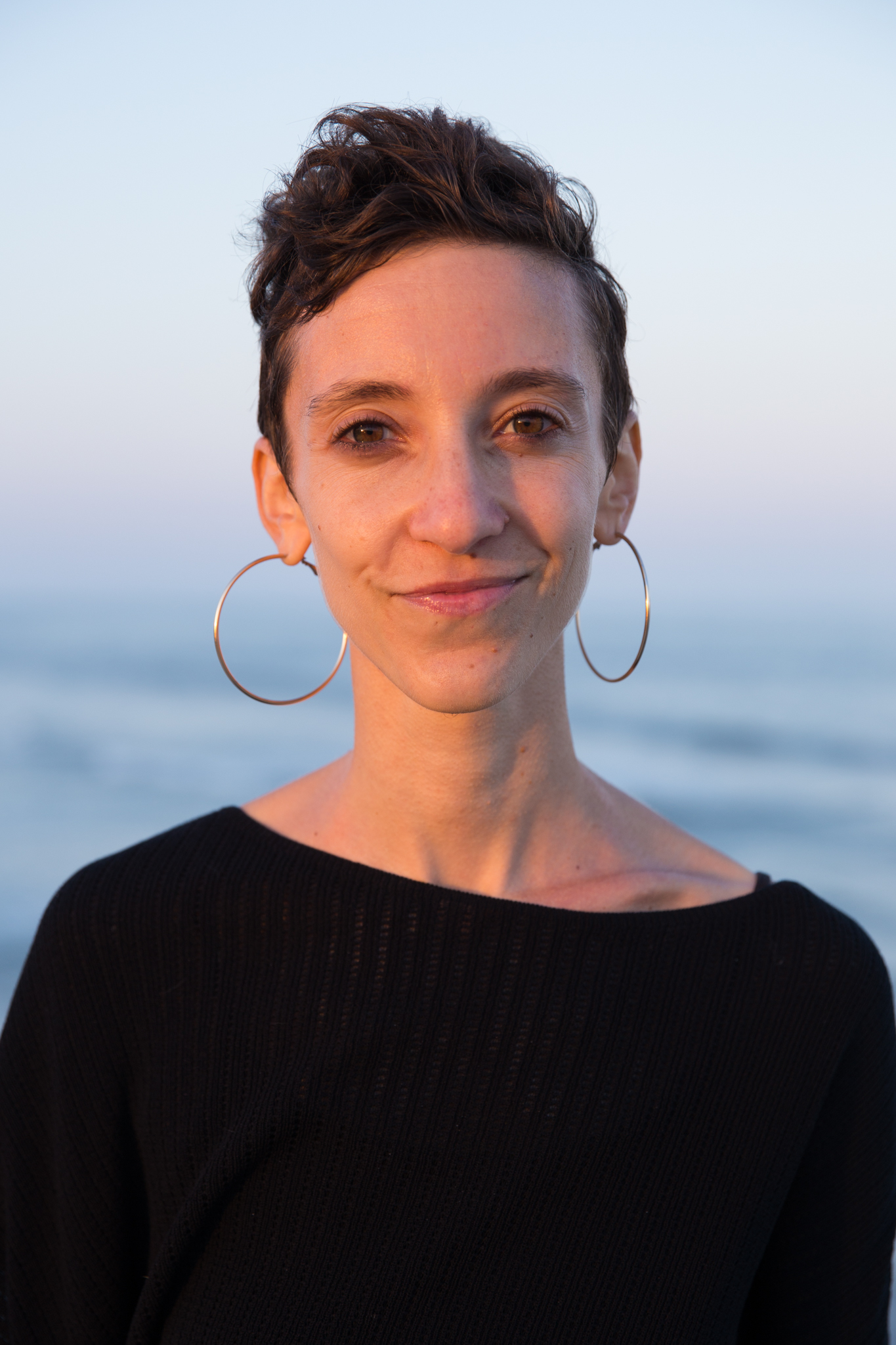
Our call for a ceasefire is not a betrayal of Jewish values but an authentic expression of them.

In providing venues for both consolation of suffering and the arousal of activism, rabbis lead our synagogues towards becoming communities of deep meaning.
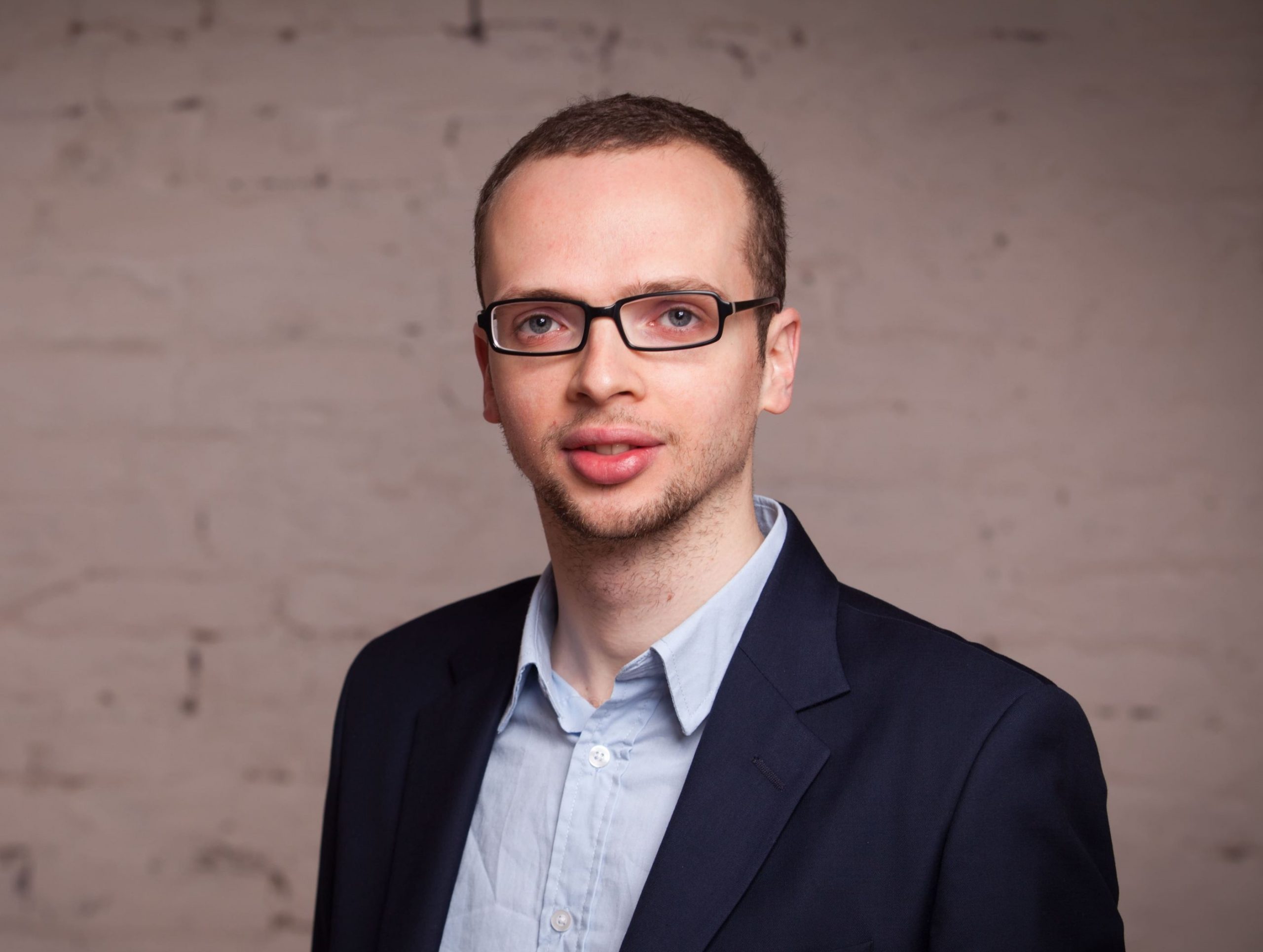
Israel's Declaration of Independence envisions a state founded on the values of democracy, pluralism and equal rights for all its citizens, regardless of ethnicity or religion.
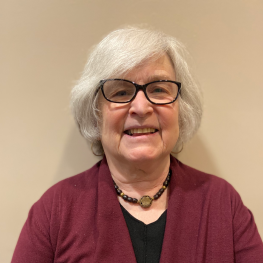
Israelism captures a concerted effort that admonishes American Jews to see Israel as a — or maybe the — pillar of Jewish identity, synonymous with their Jewishness.
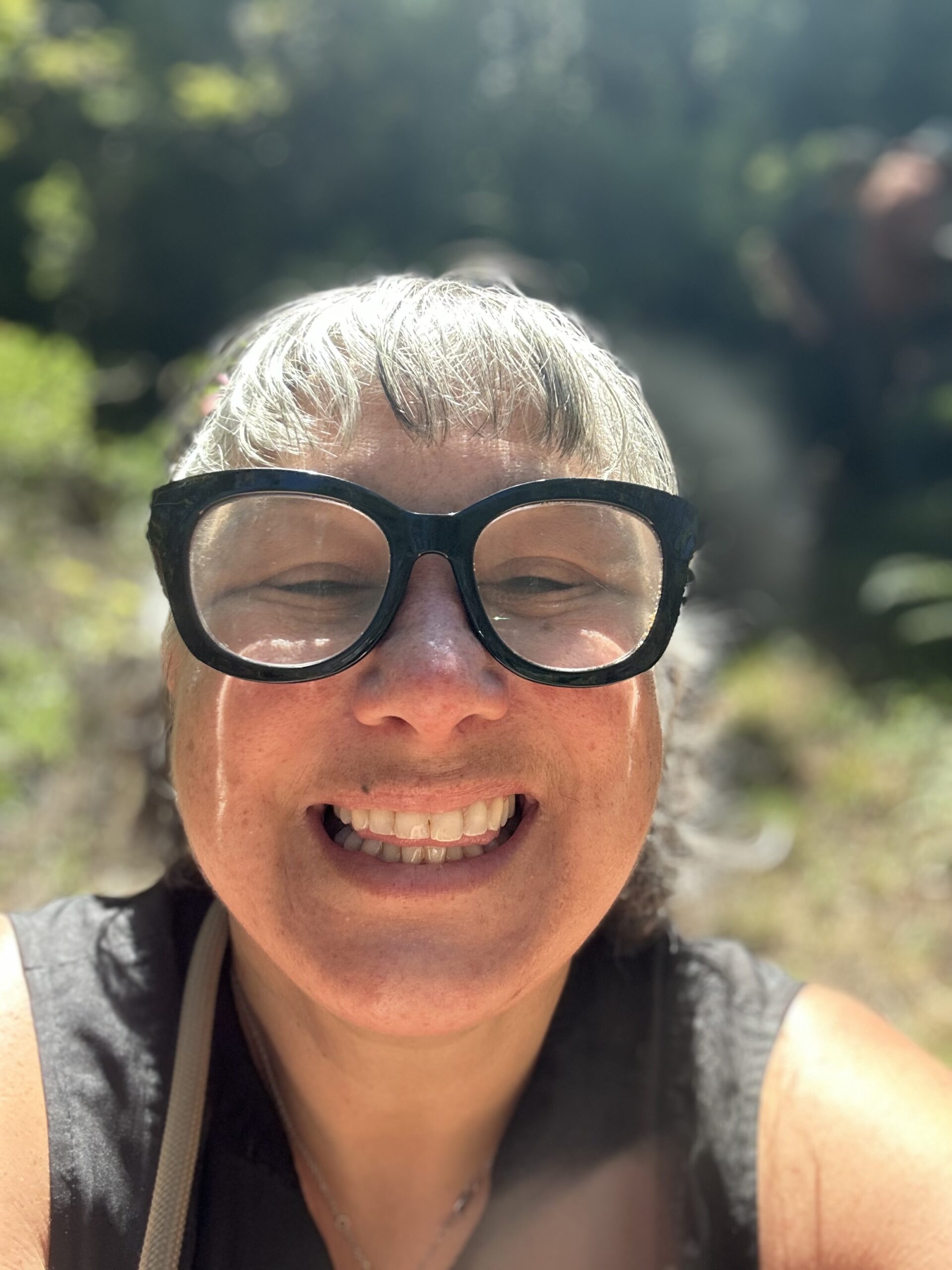
The healing of the Jewish people is in our indigenous ways, our restoration of the land and our connection to it.

Will I be able to do enough inner work to accept all the violent, human-inflicted death around me now? Should that even be my goal?
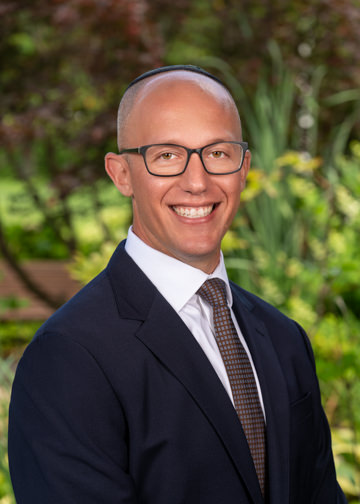
I so wanted these bullet holes, only days old, to be remnants from a bygone era.
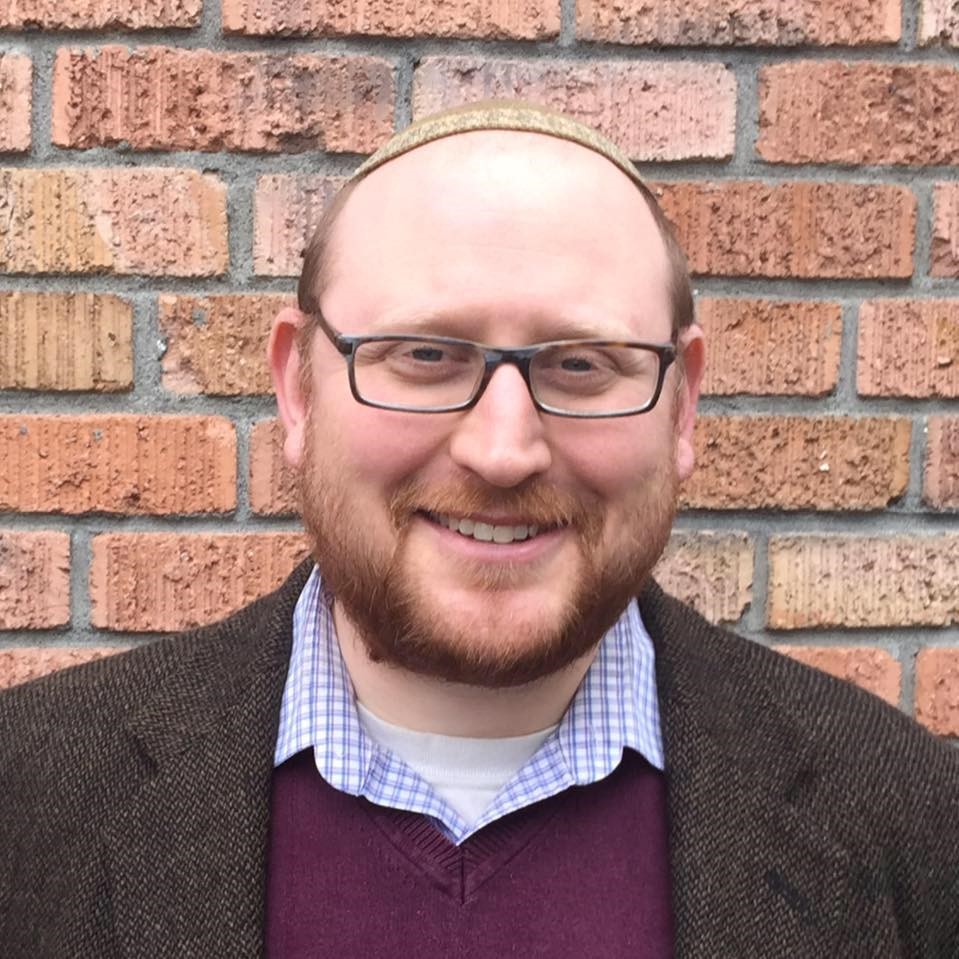
We, like Abraham, must be concerned with justice and with the innocent.
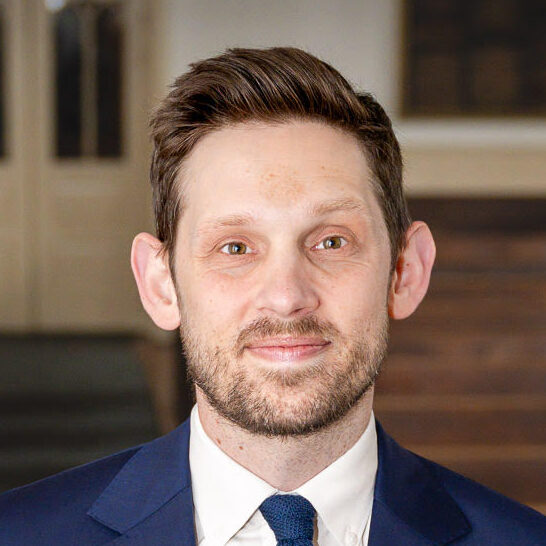
To be Jewish is to be part of a people—a people with a shared history, roots, a story and, yes, a land.
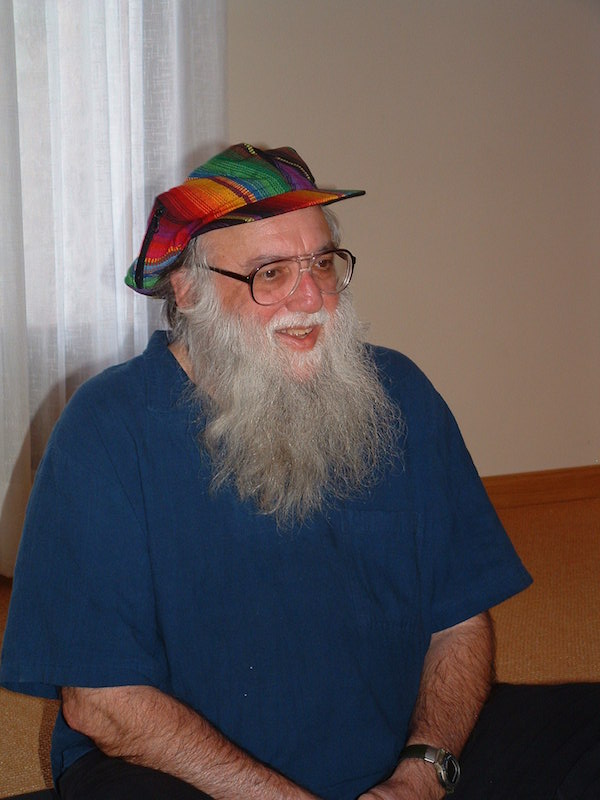
What did it mean to wrestle with God so that the two brothers could kiss and live in peace?
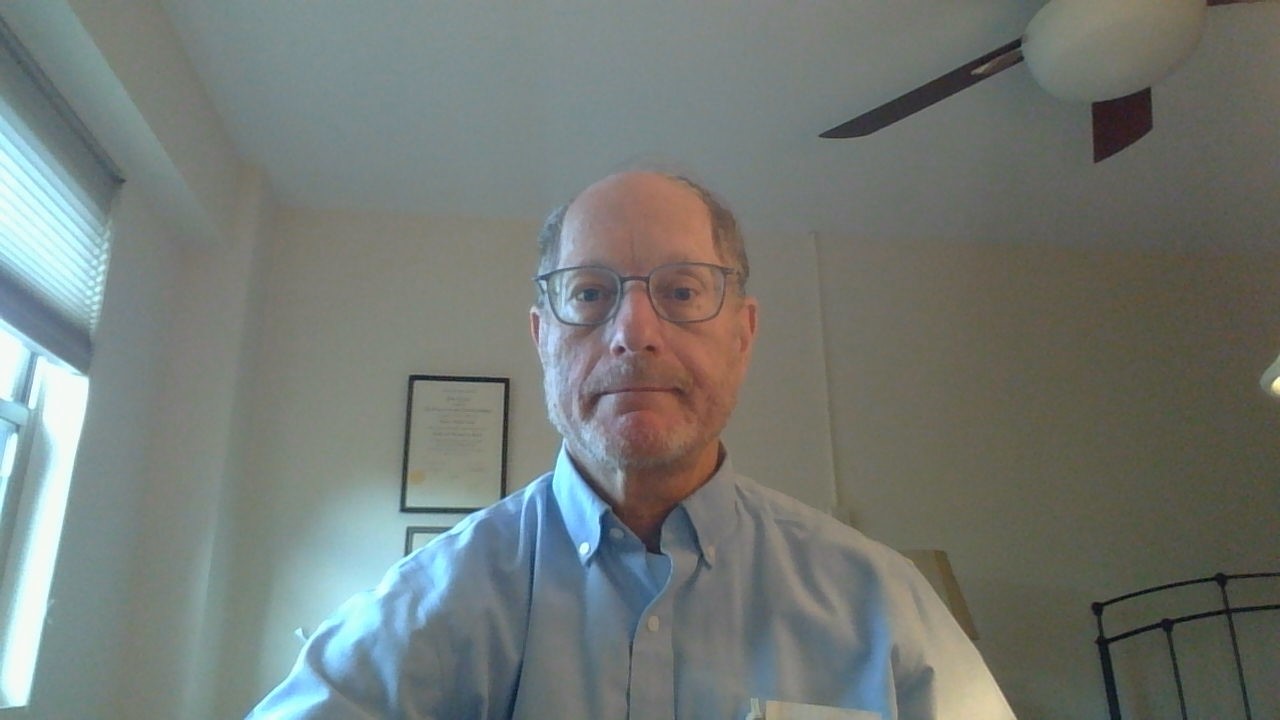
When permission is given to the destructive force to wreak havoc, it does not distinguish between the innocent and guilty. (Mekhilta Bo 12:22)
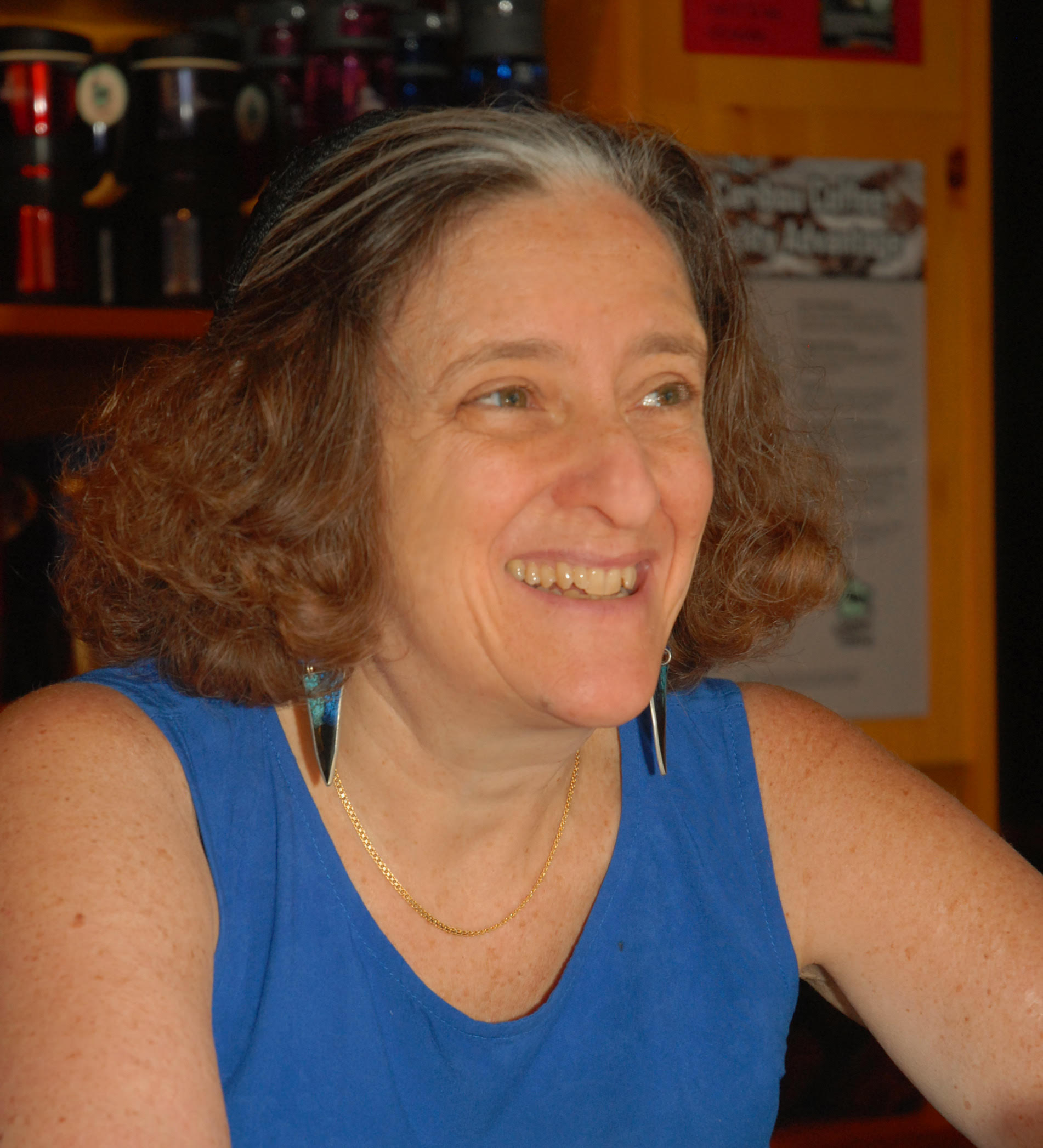
Offering lovingkindness to oneself and others in times of intense pain.
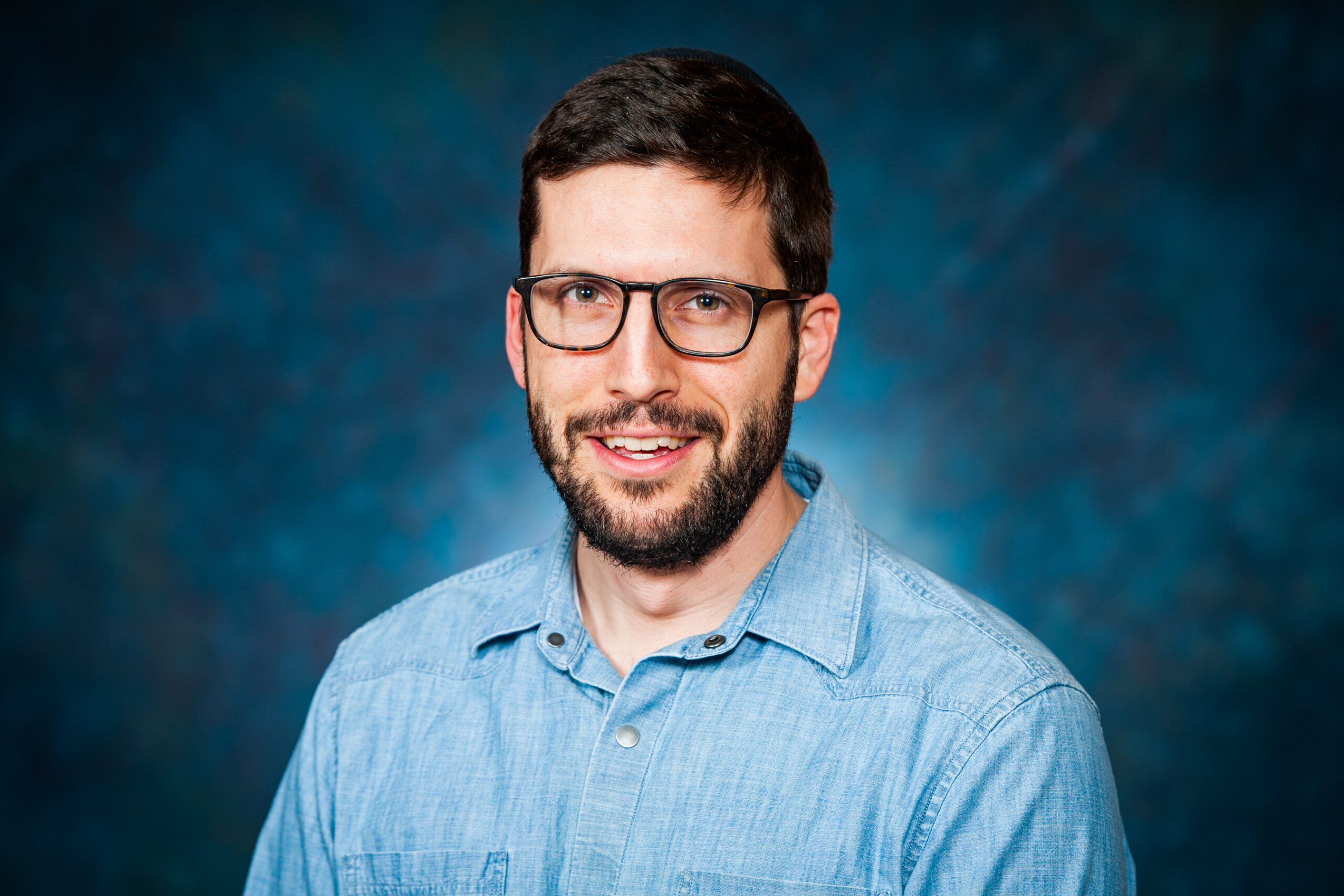
This list is written for Jews living outside the land of Israel who don’t have a one-word Israel identity. If you are feeling alone and struggling to feel fully aligned with any camp or position, and are looking for concrete responses to this moment, this list is for you.

Our hearts must remain open and tender, crying along with God for all lives lost; we must remember that we are all created in God’s image.
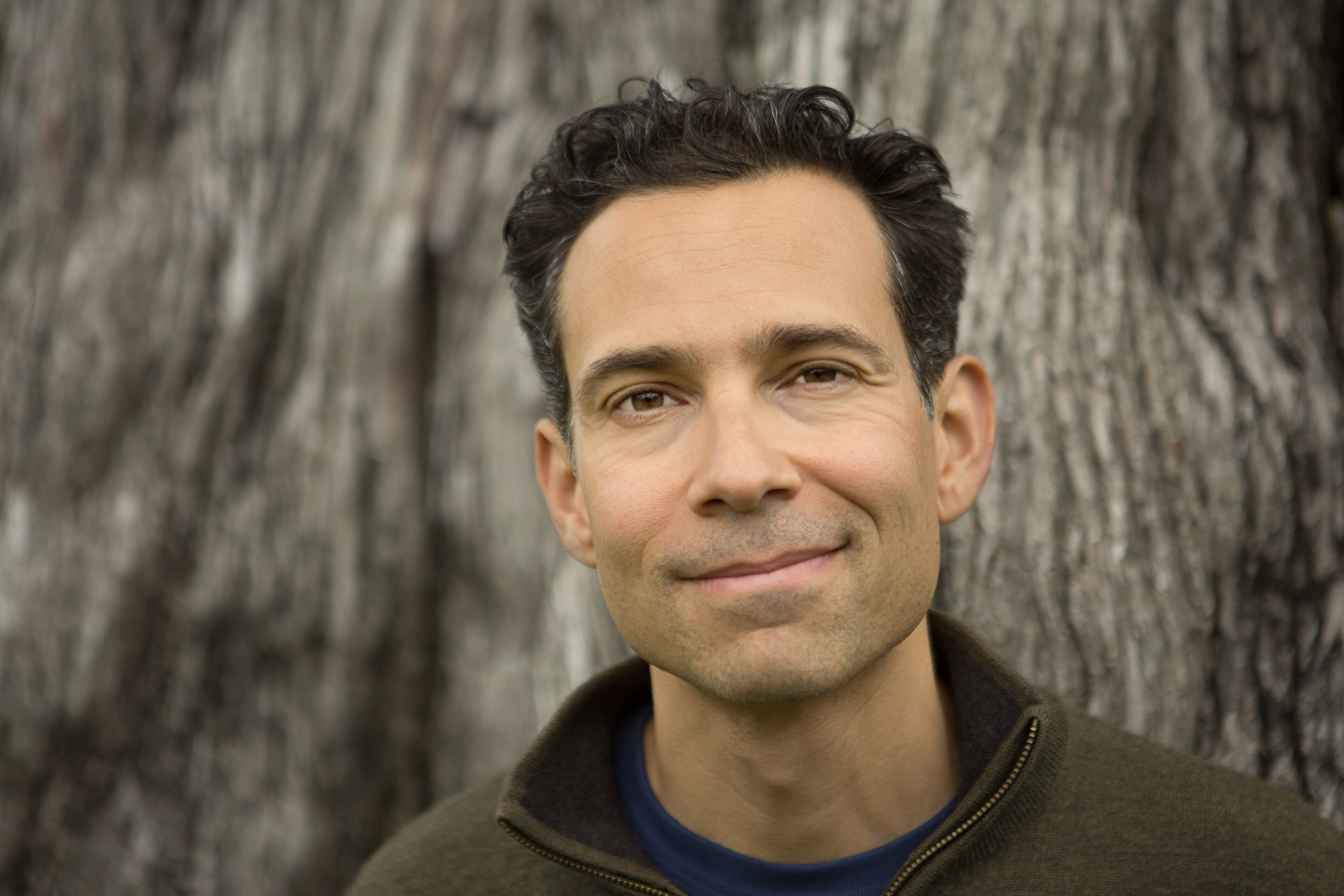
There aren’t really words for the grief of what’s unfolding. It’s okay to feel like it’s too much to hold—because it is too much to hold.

